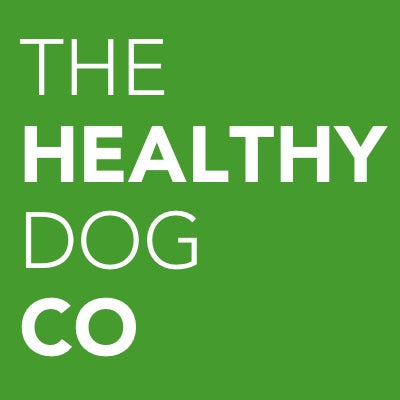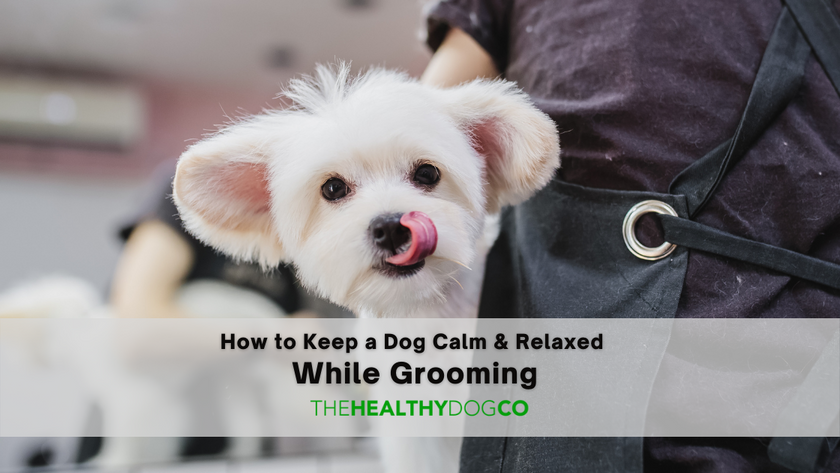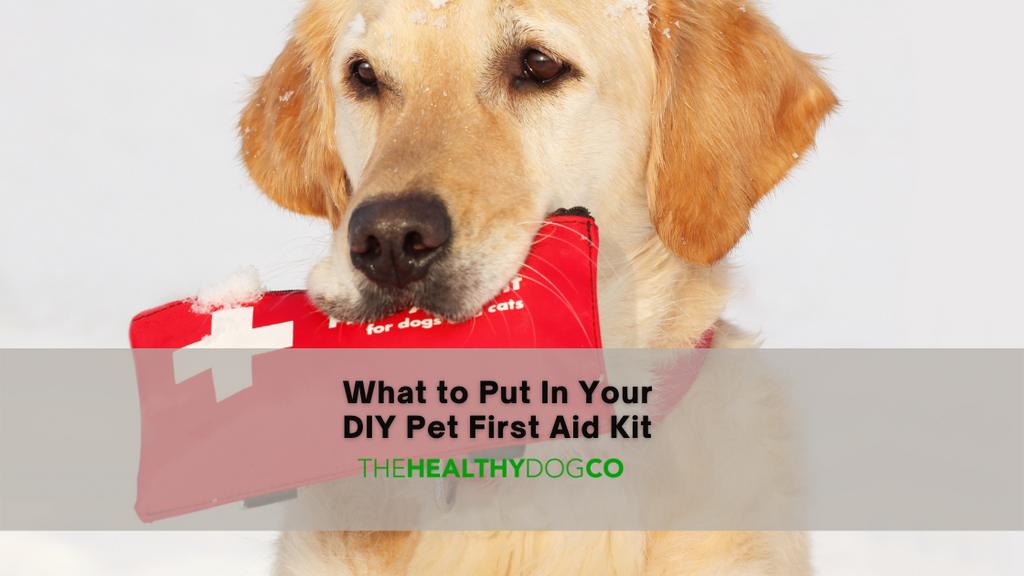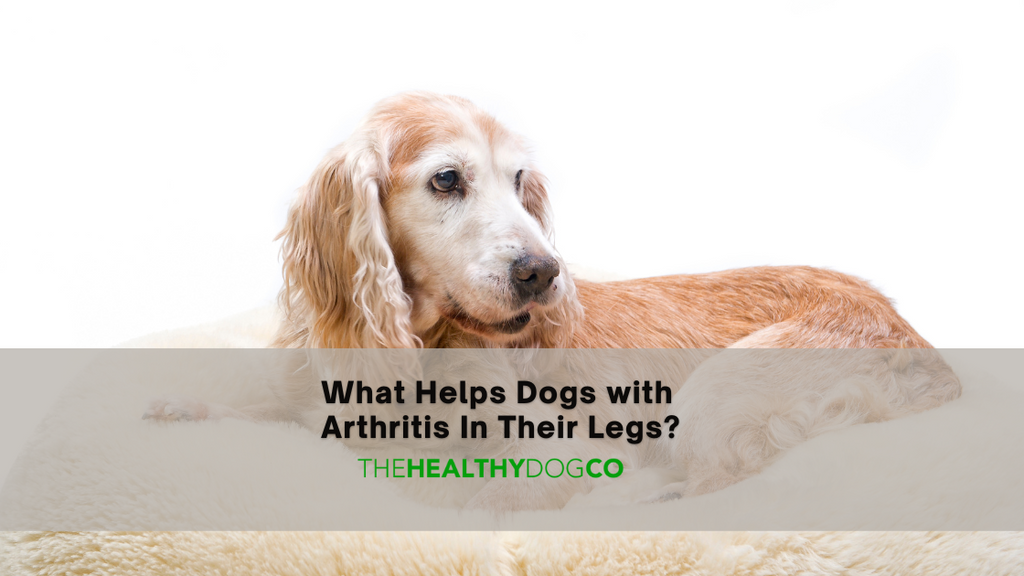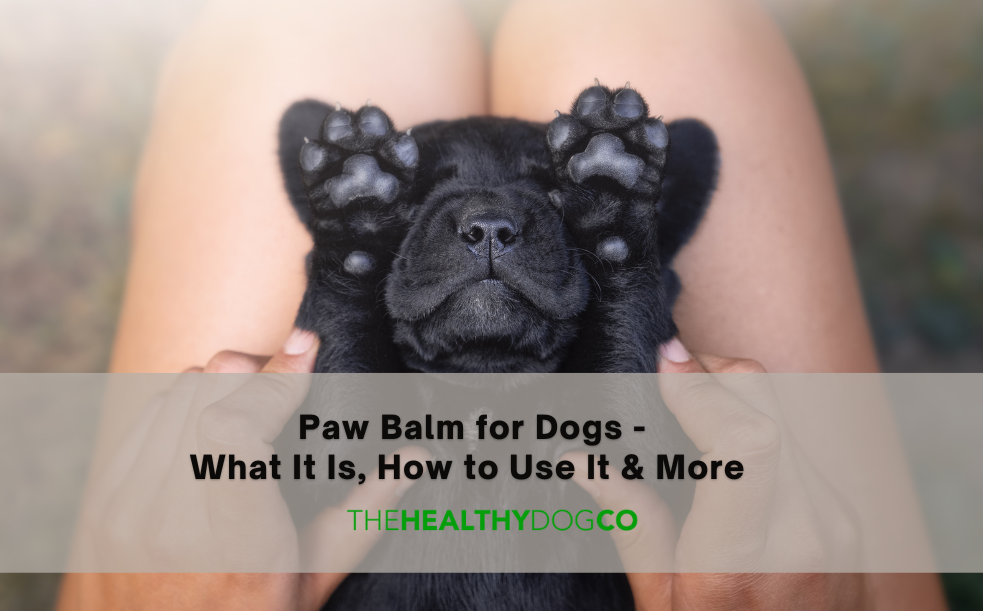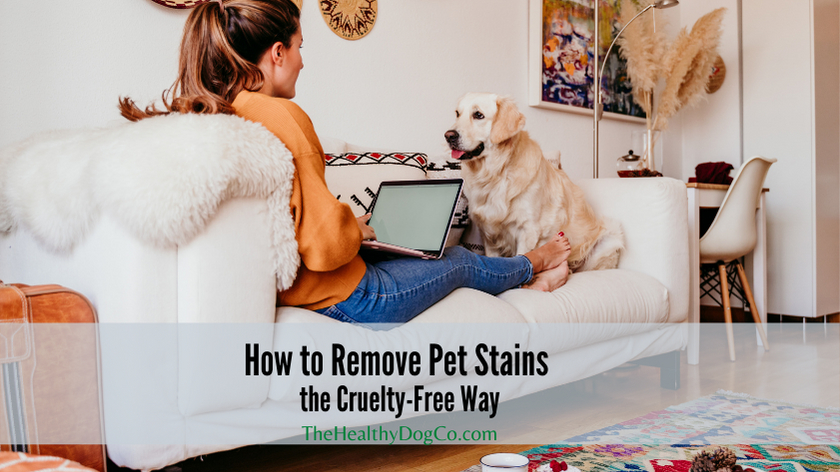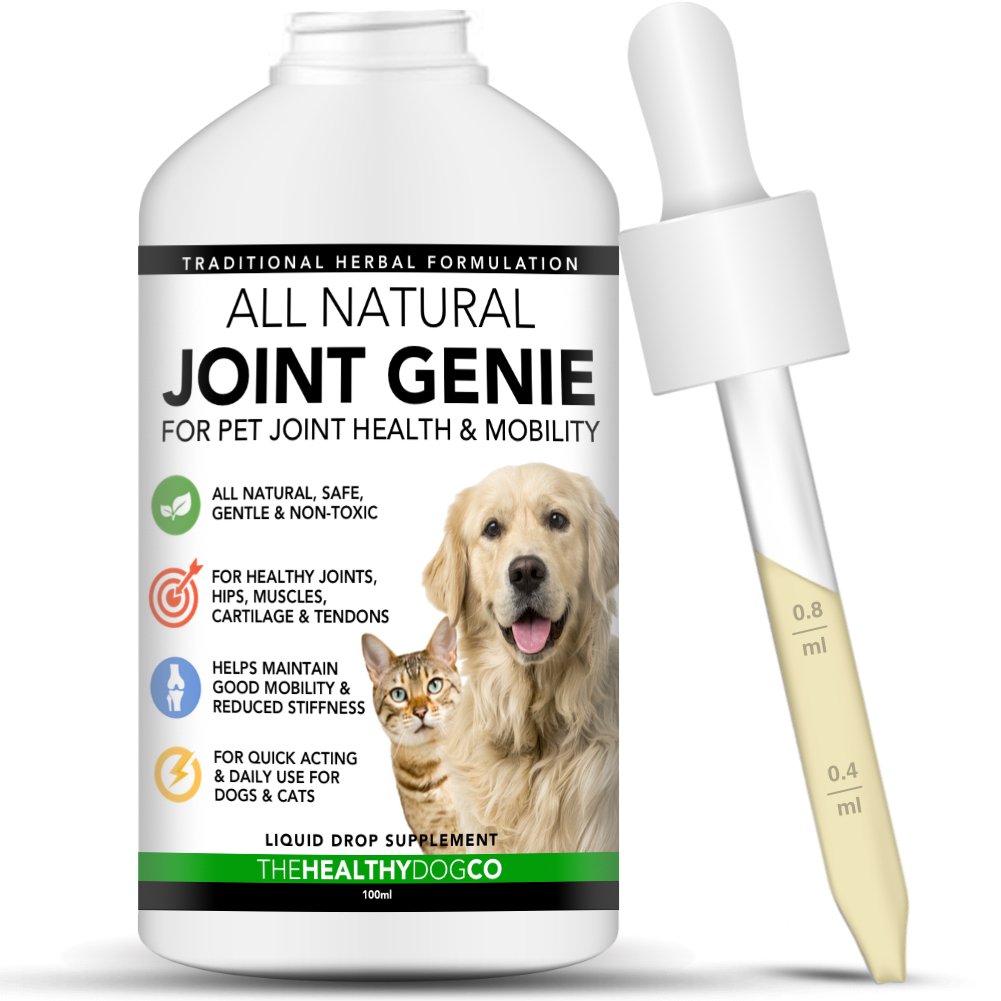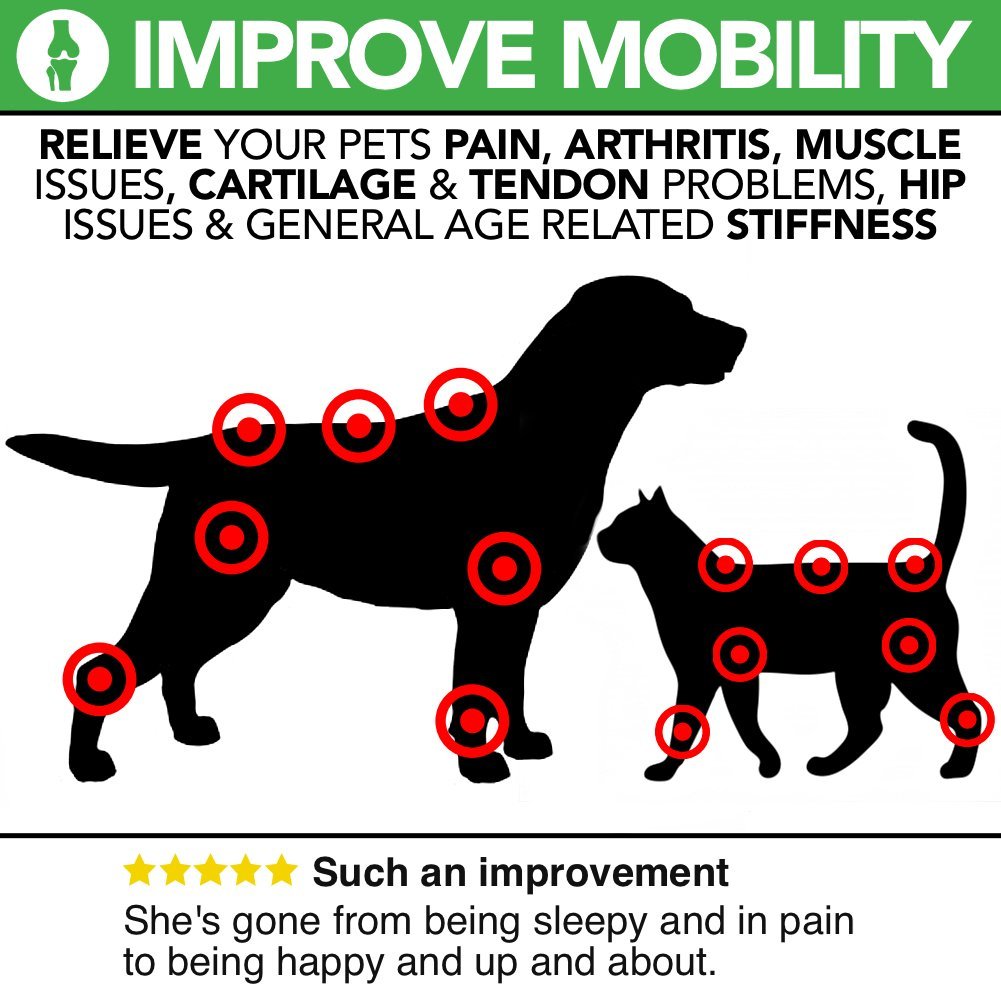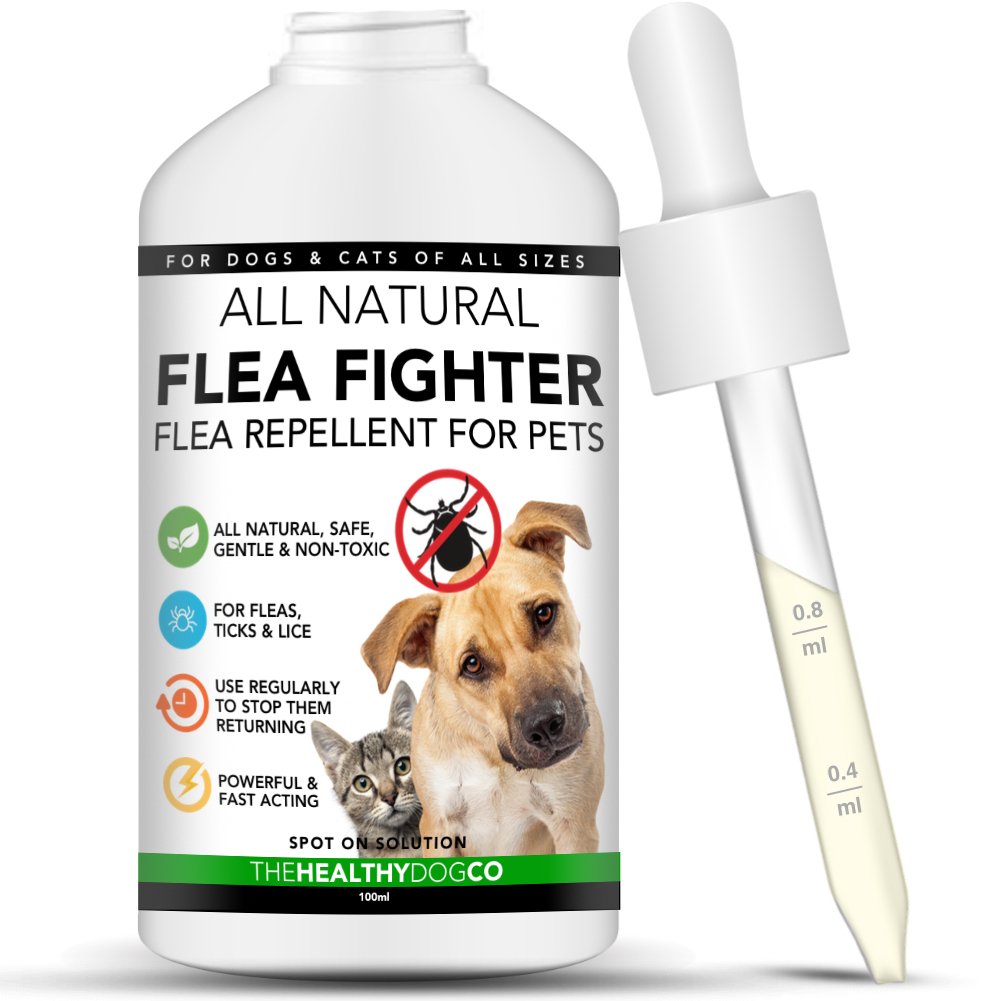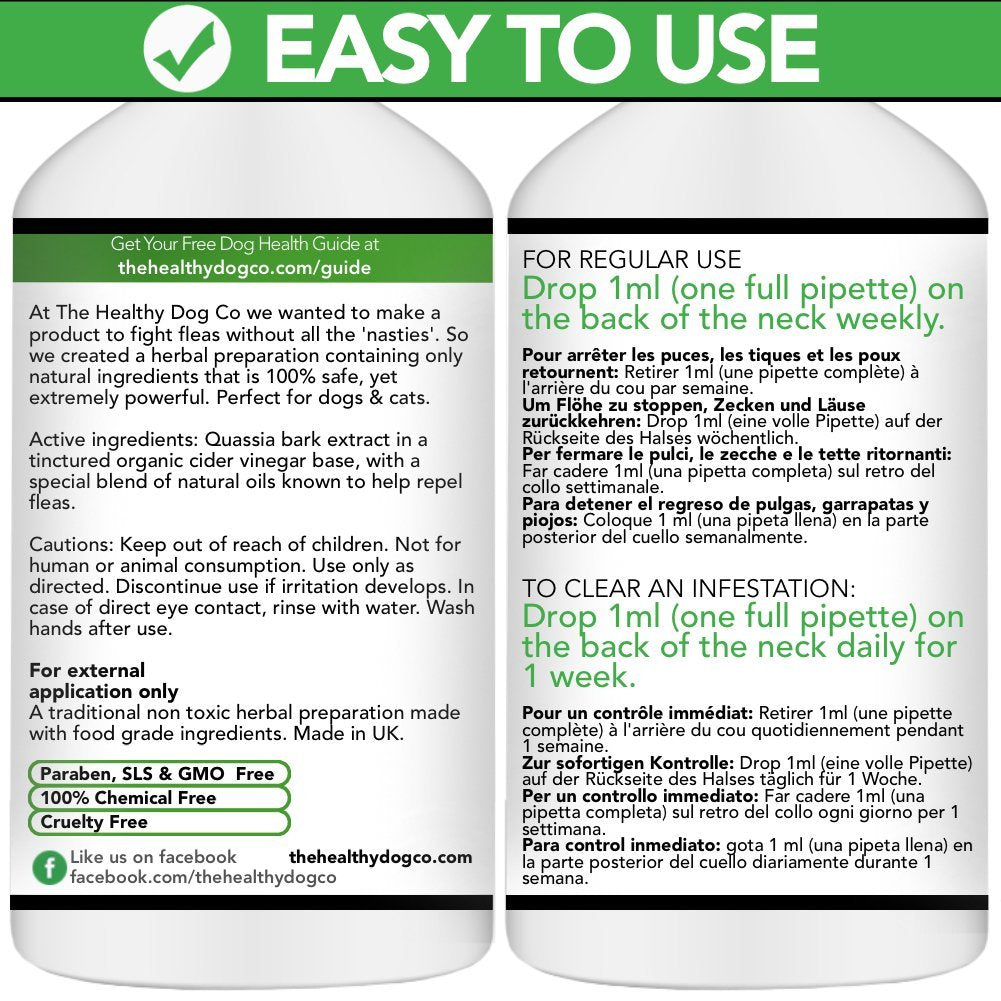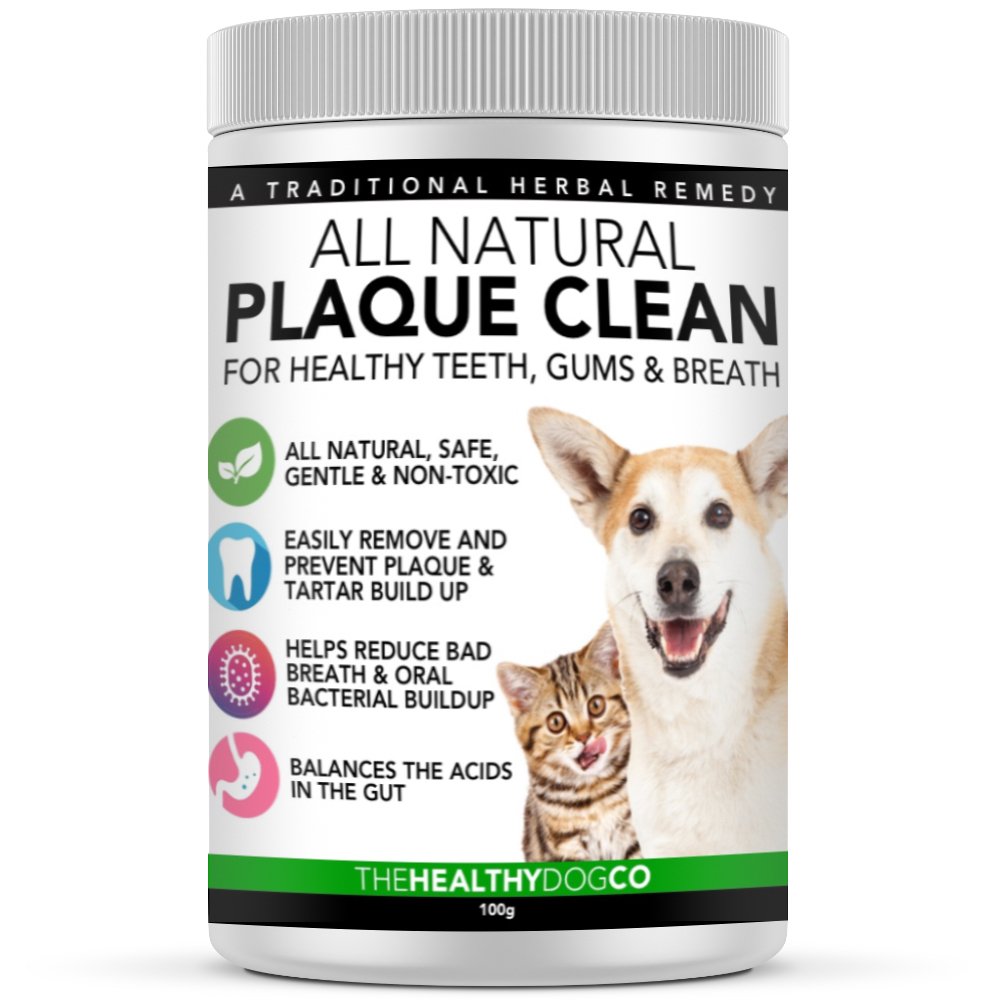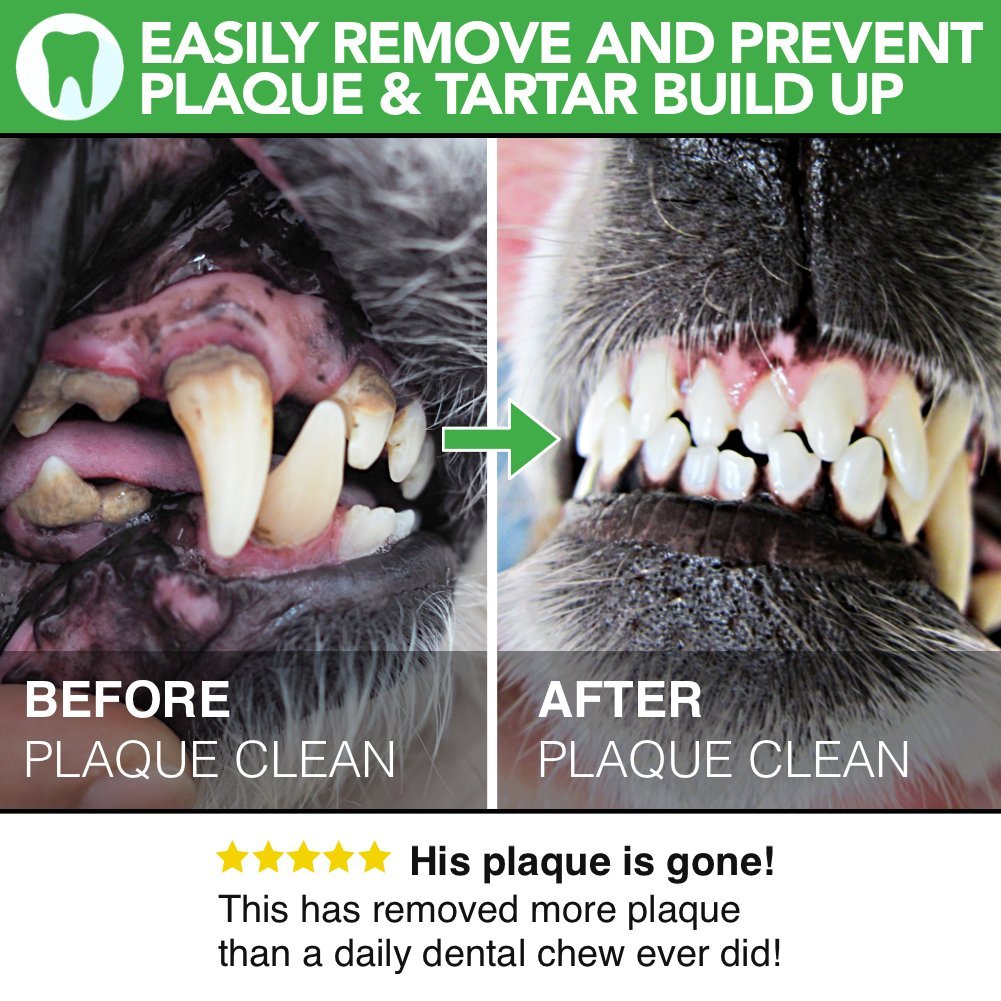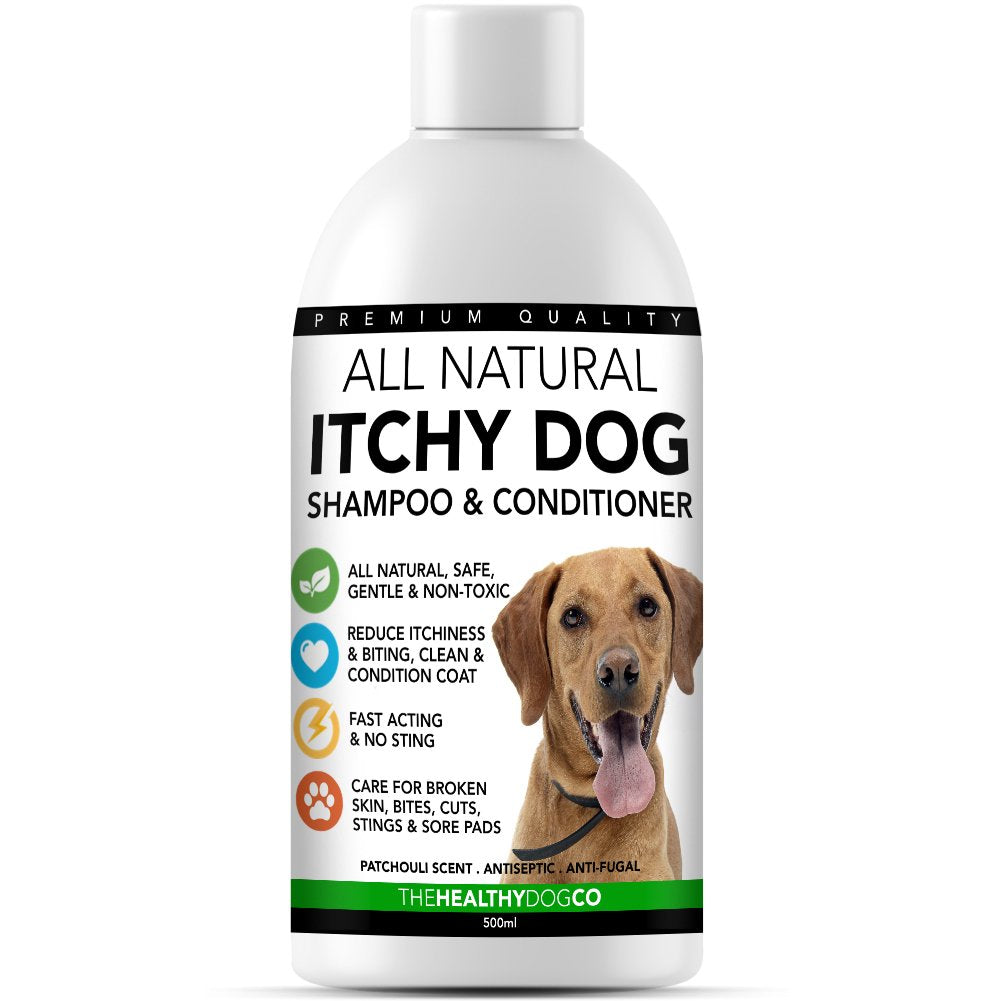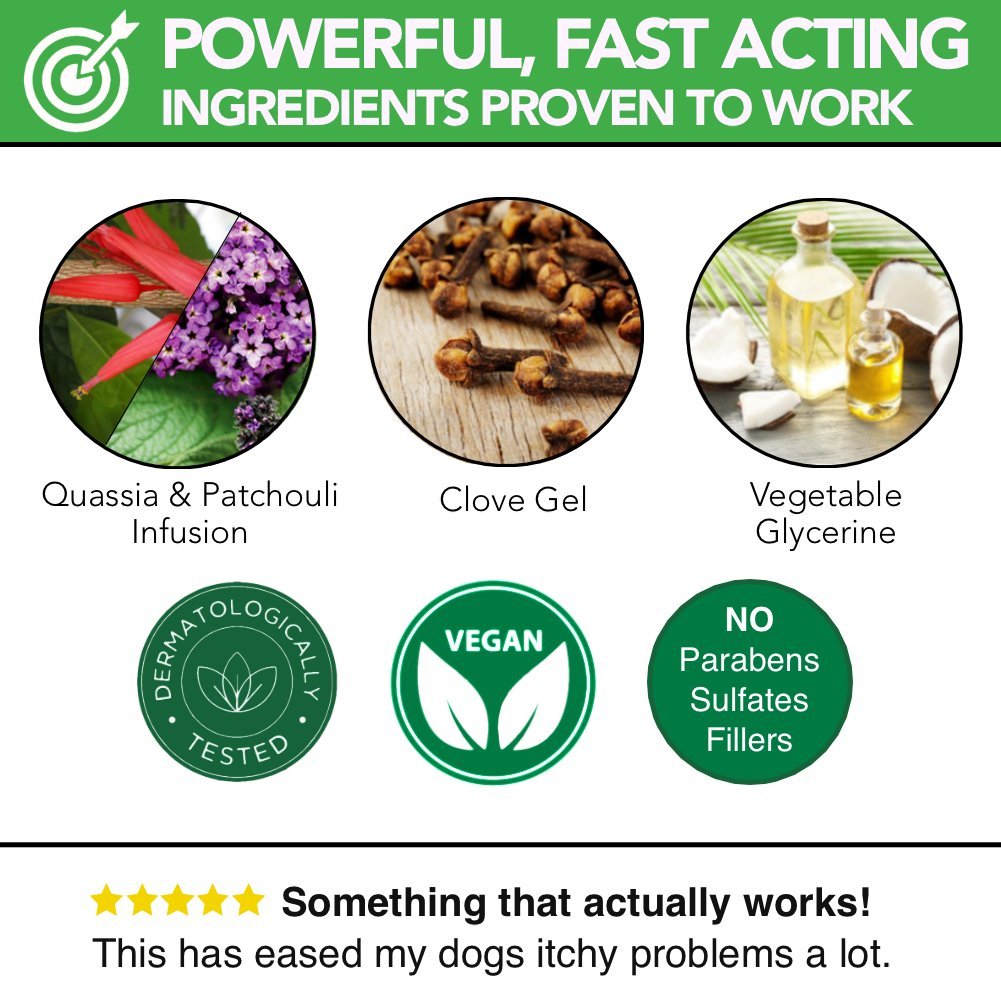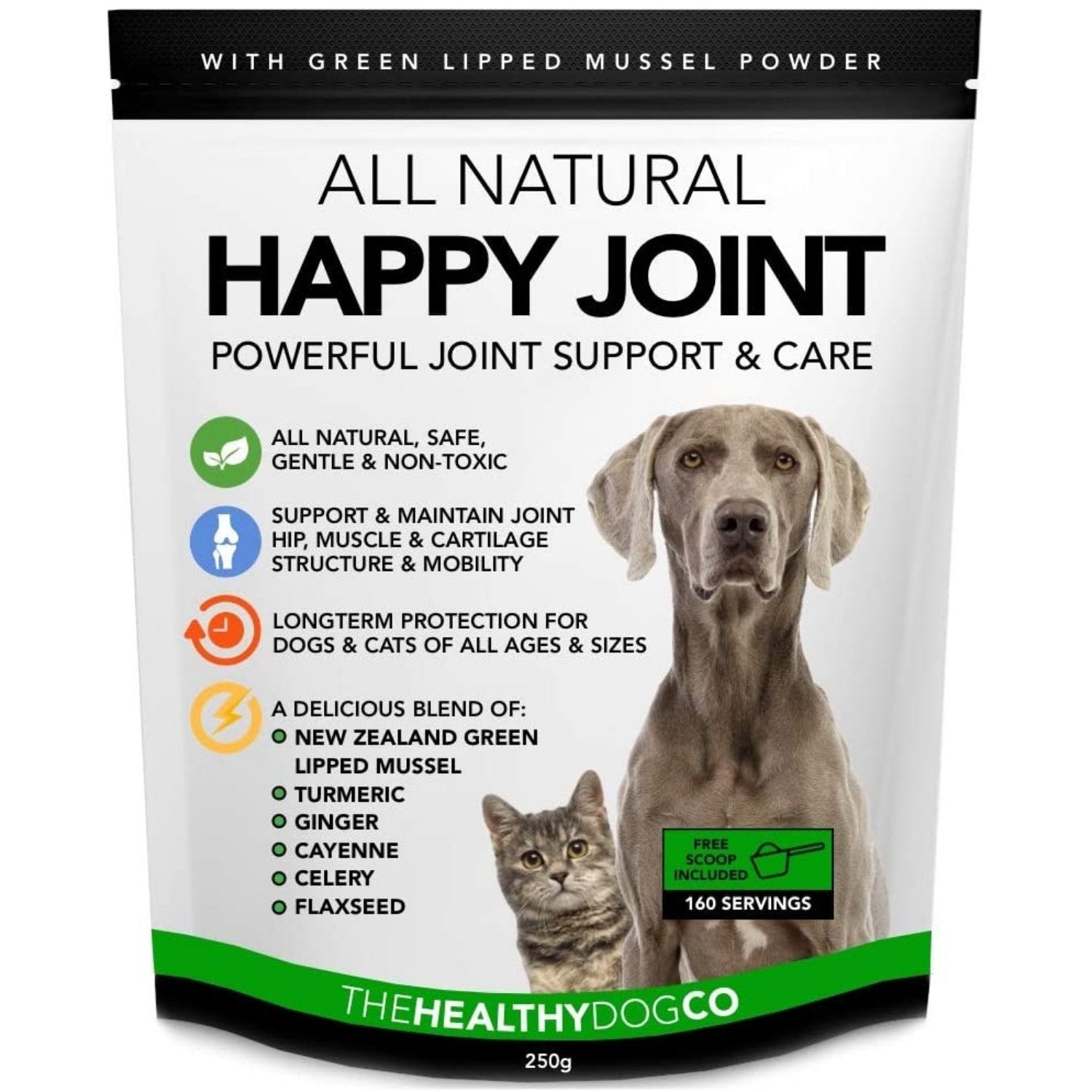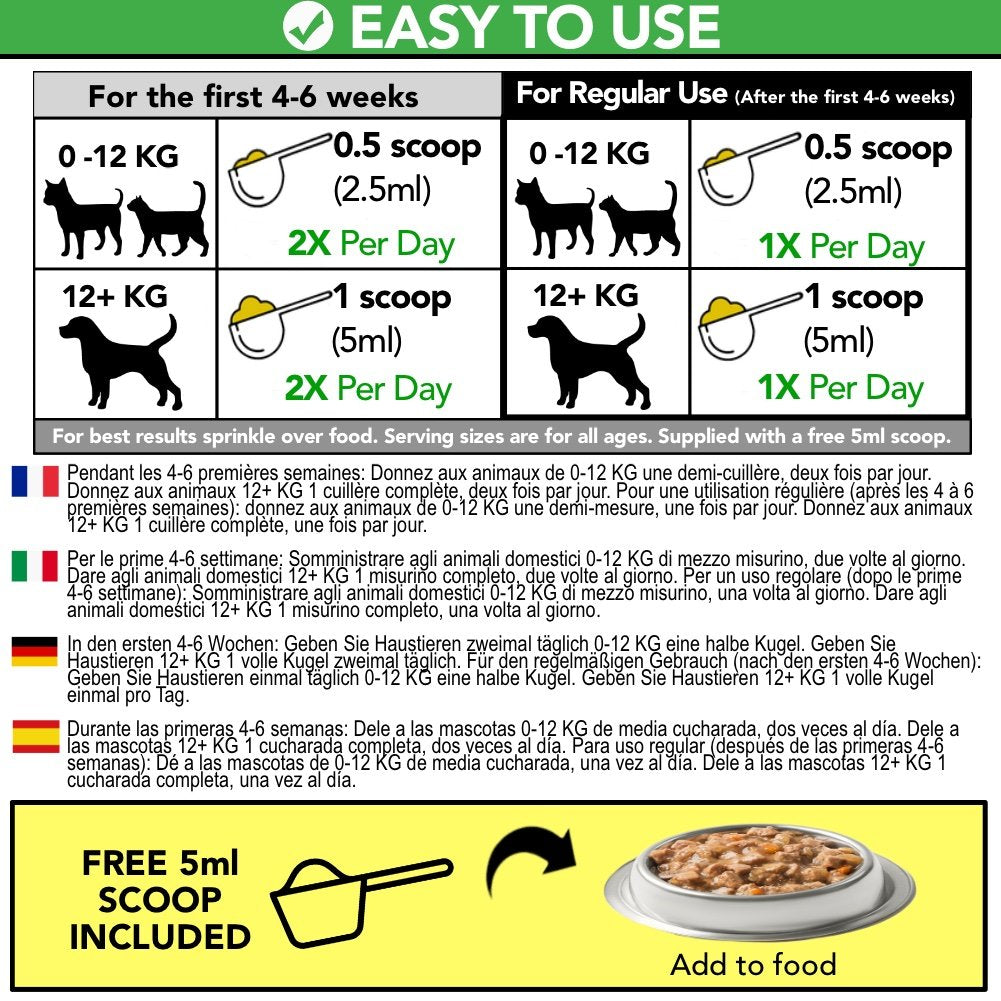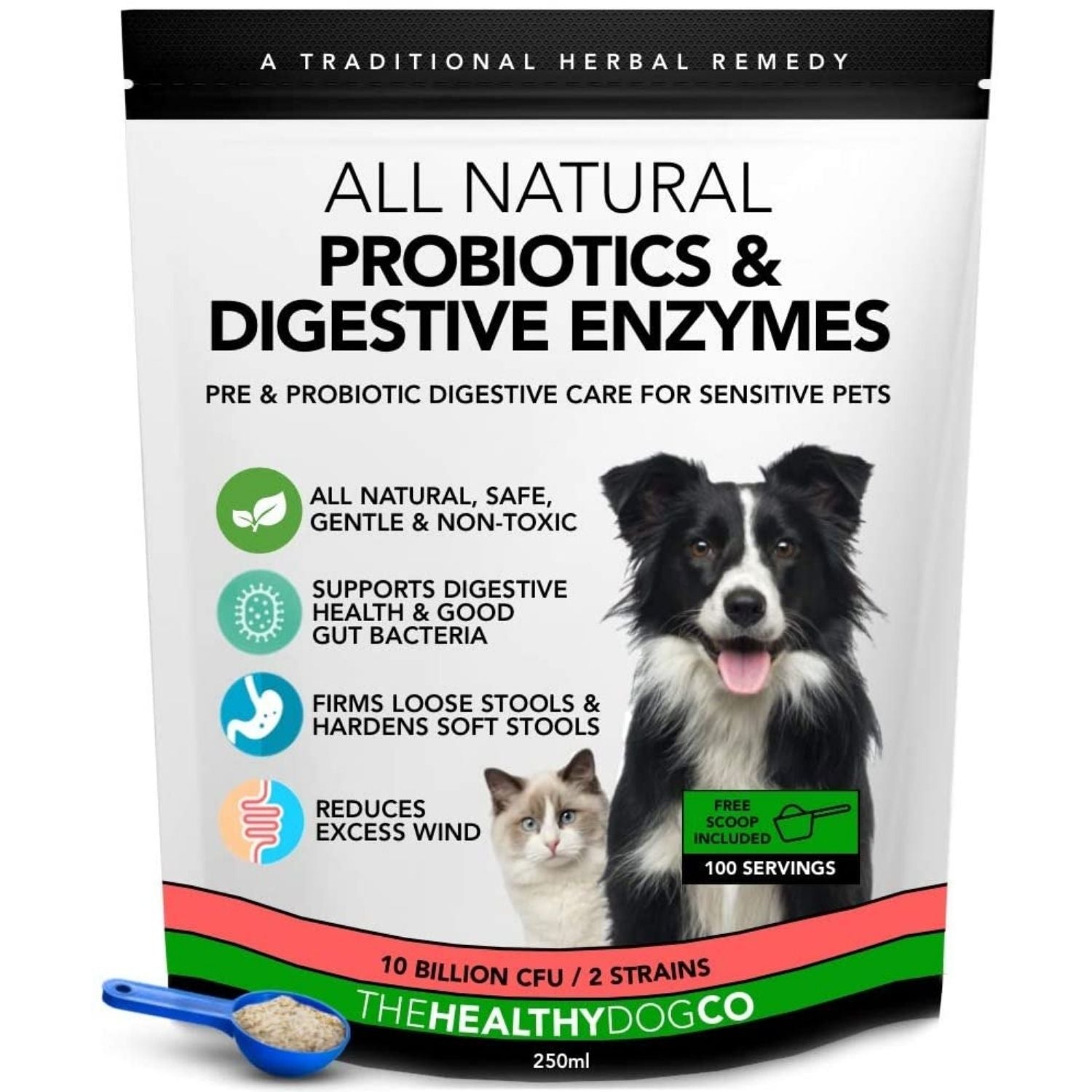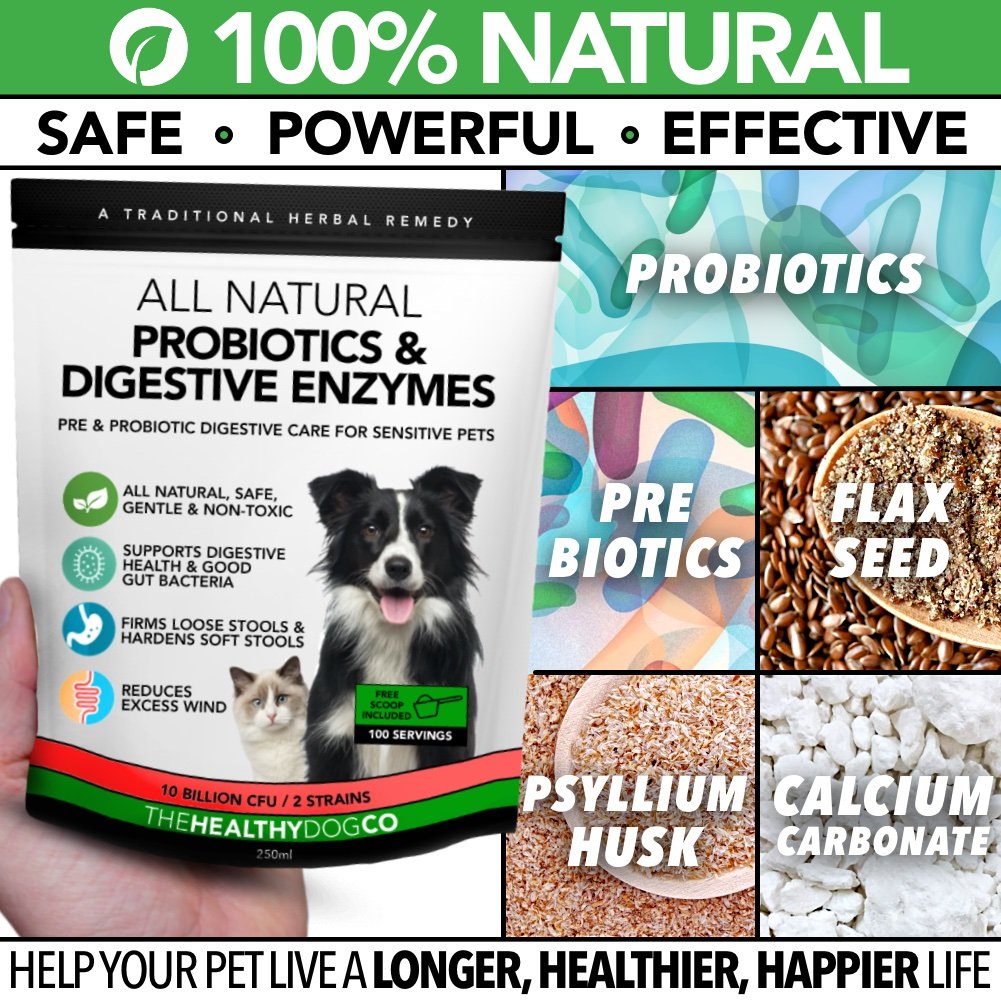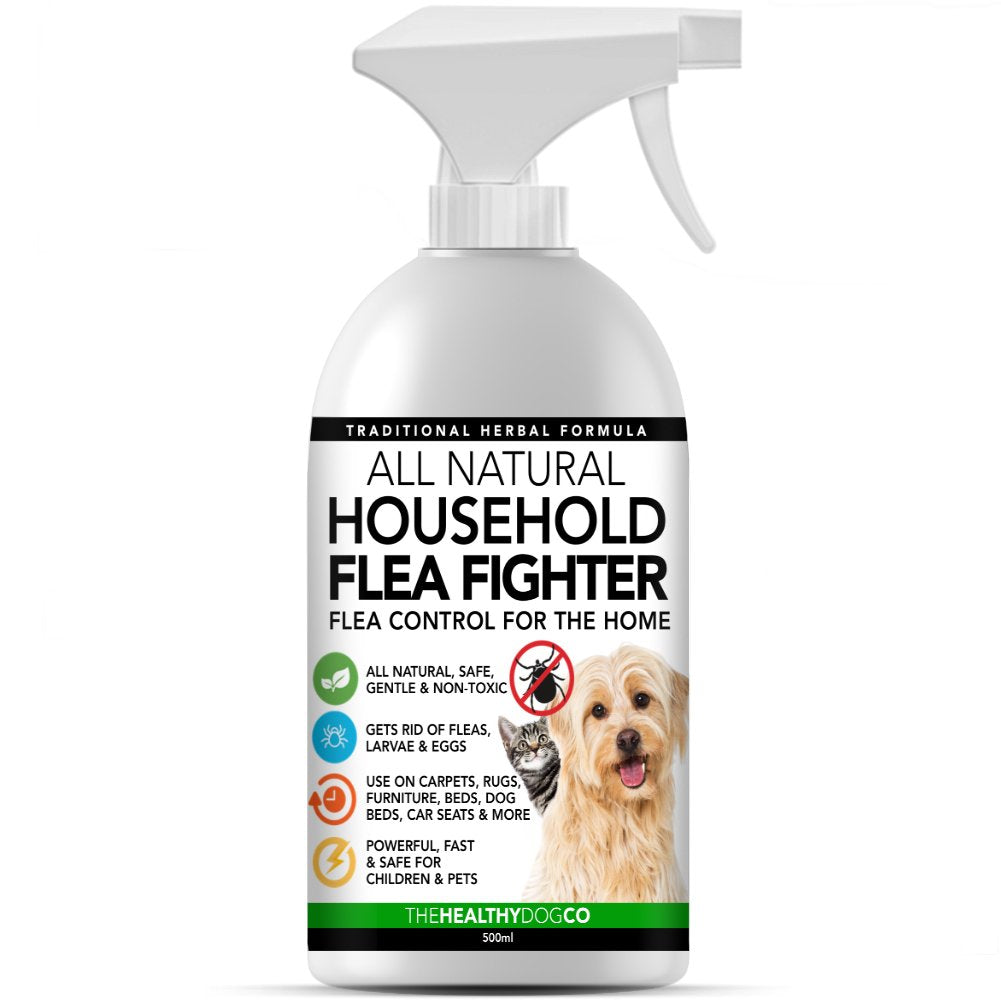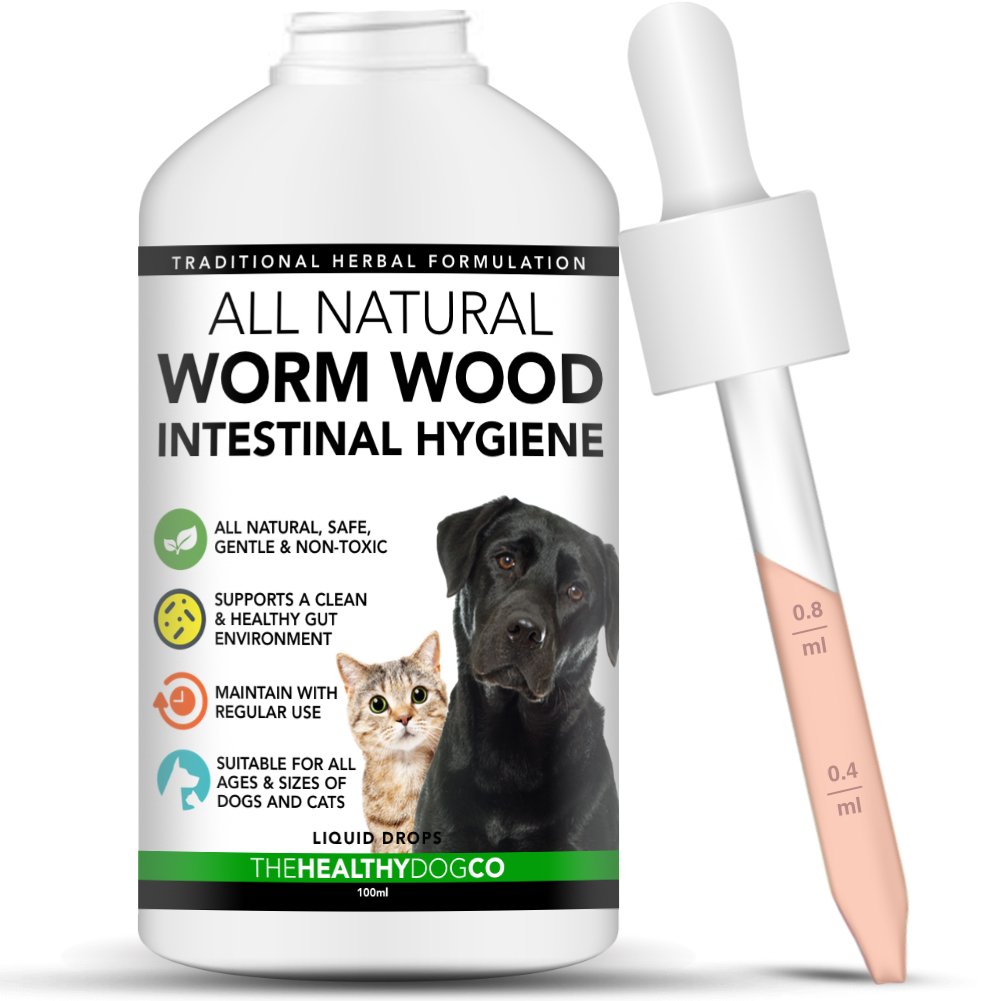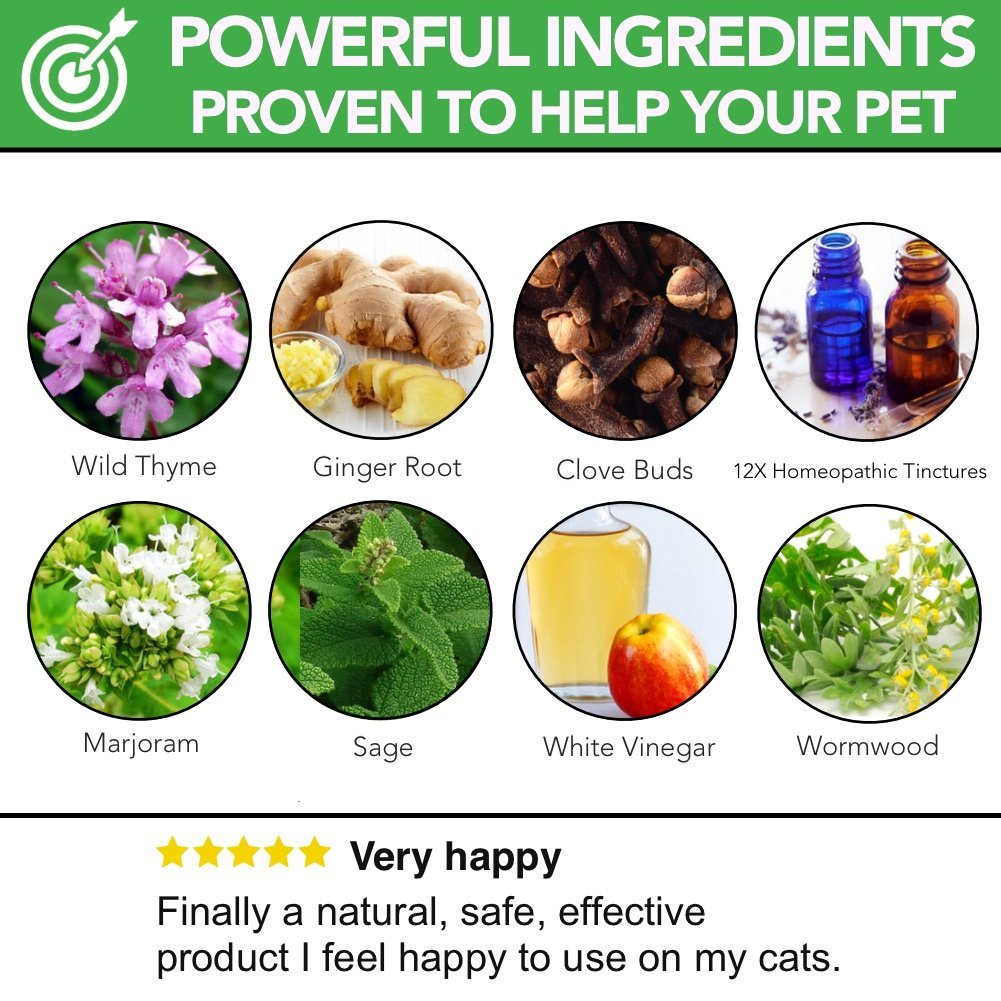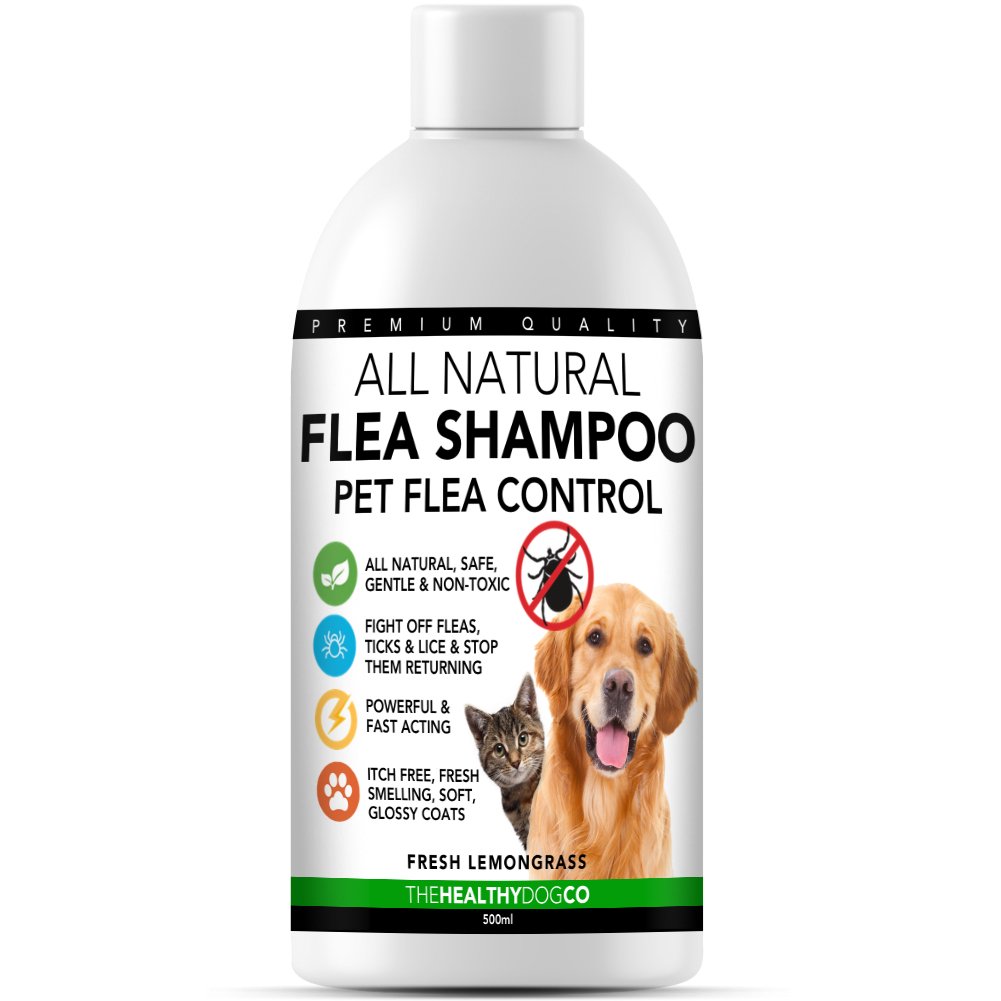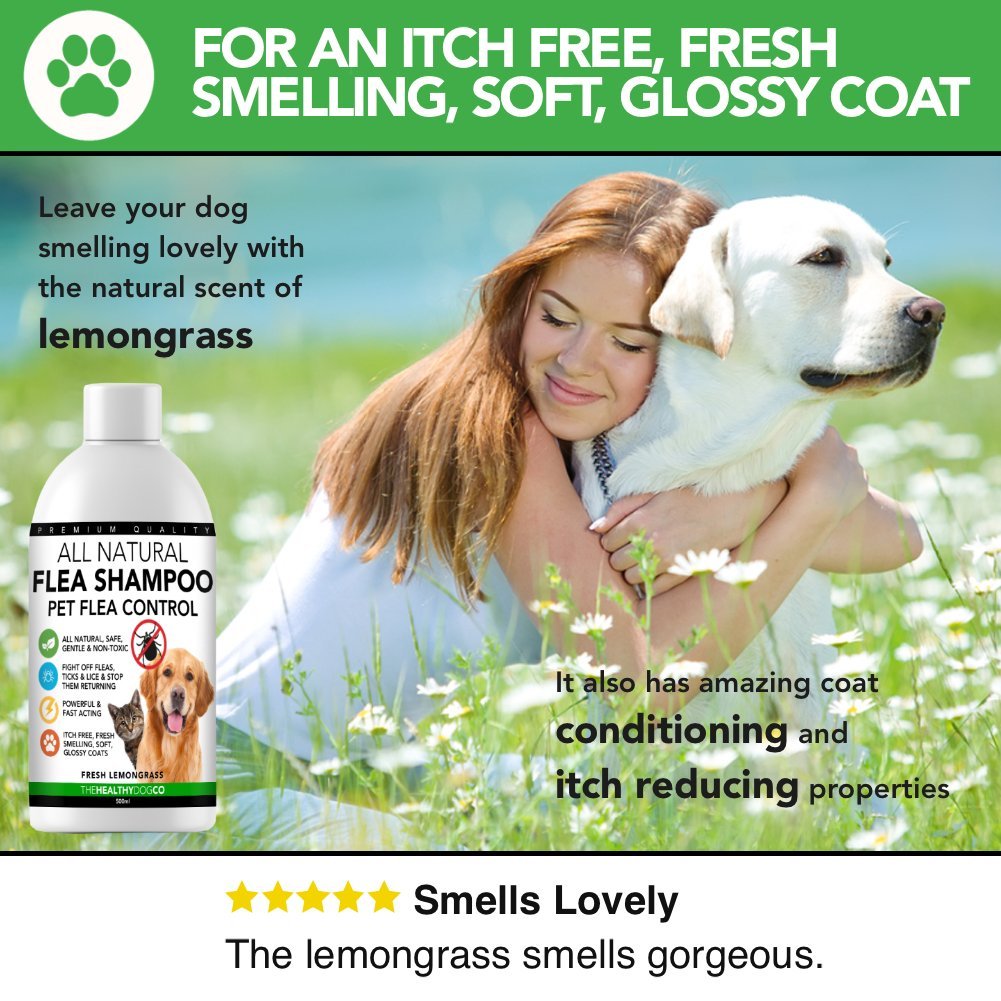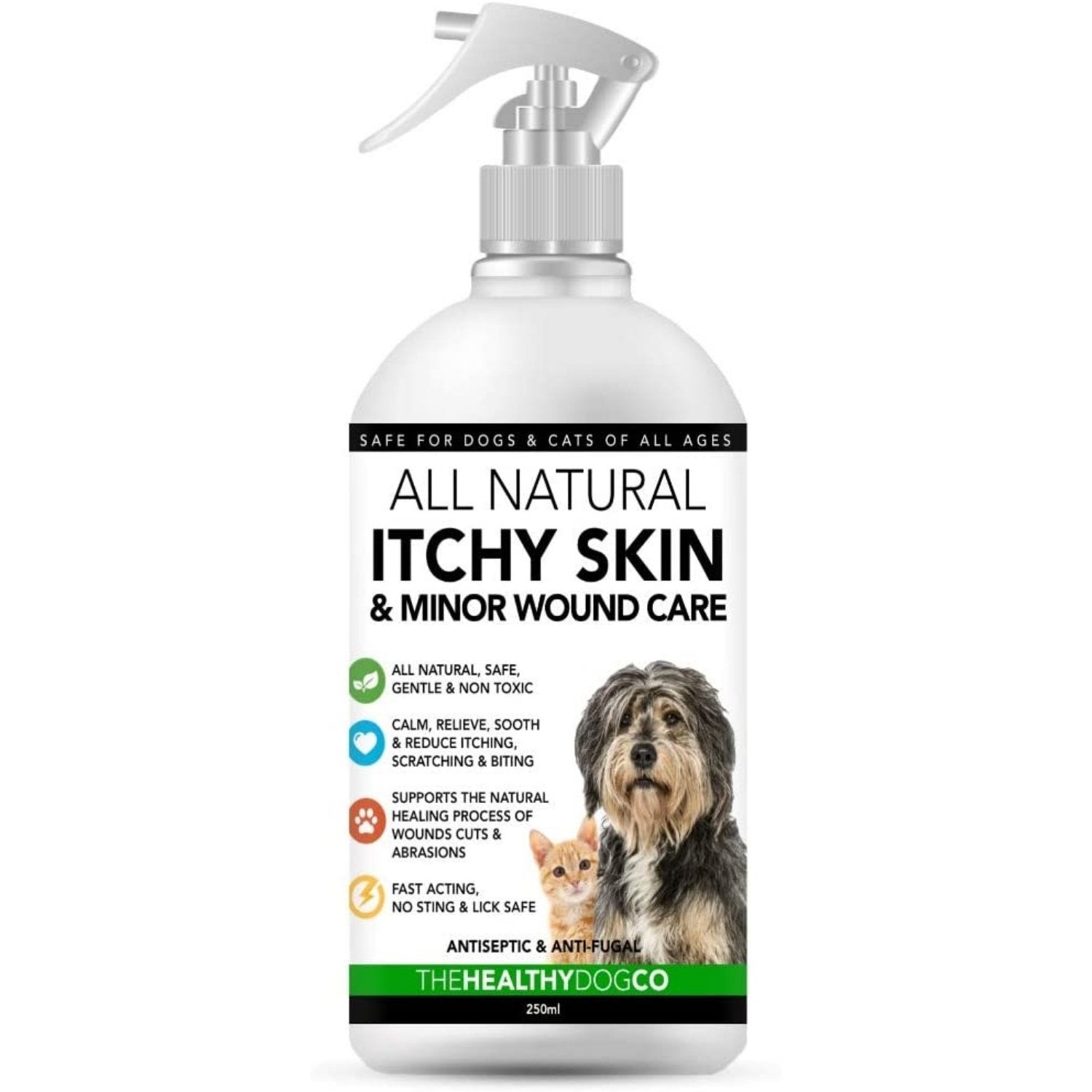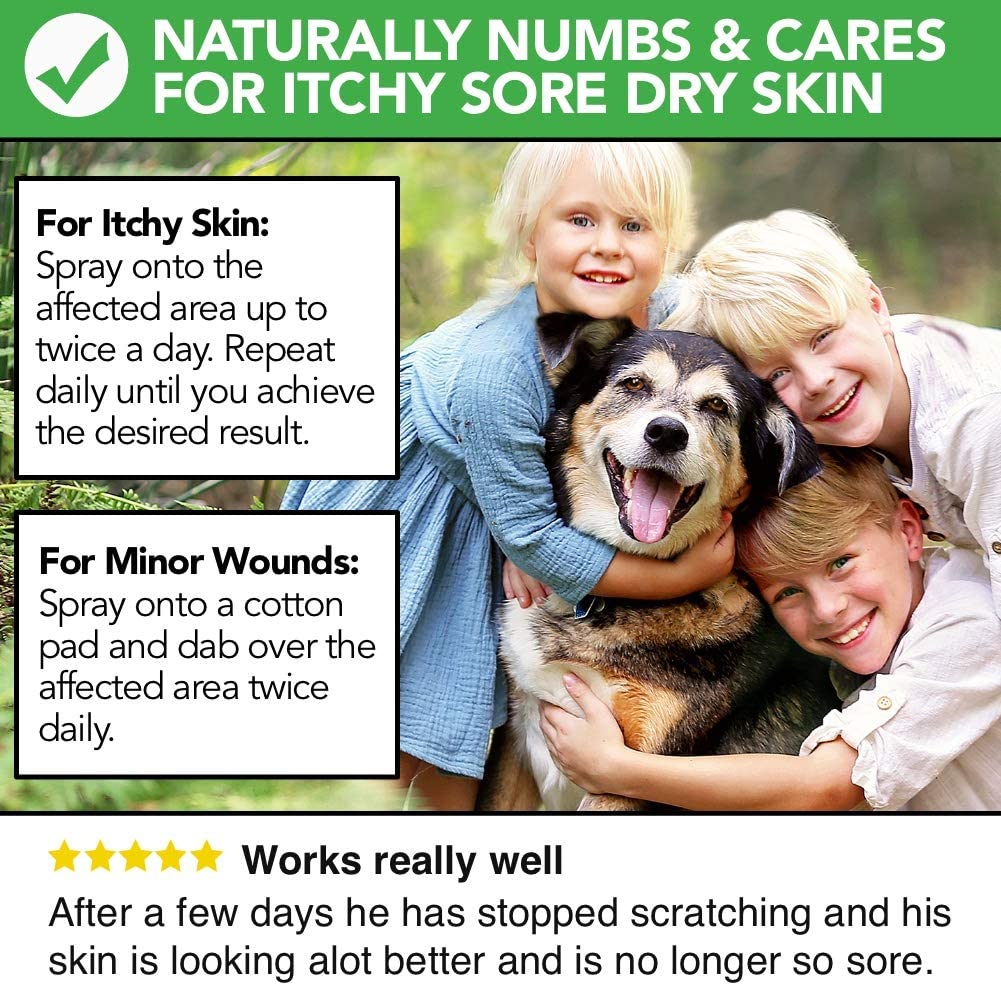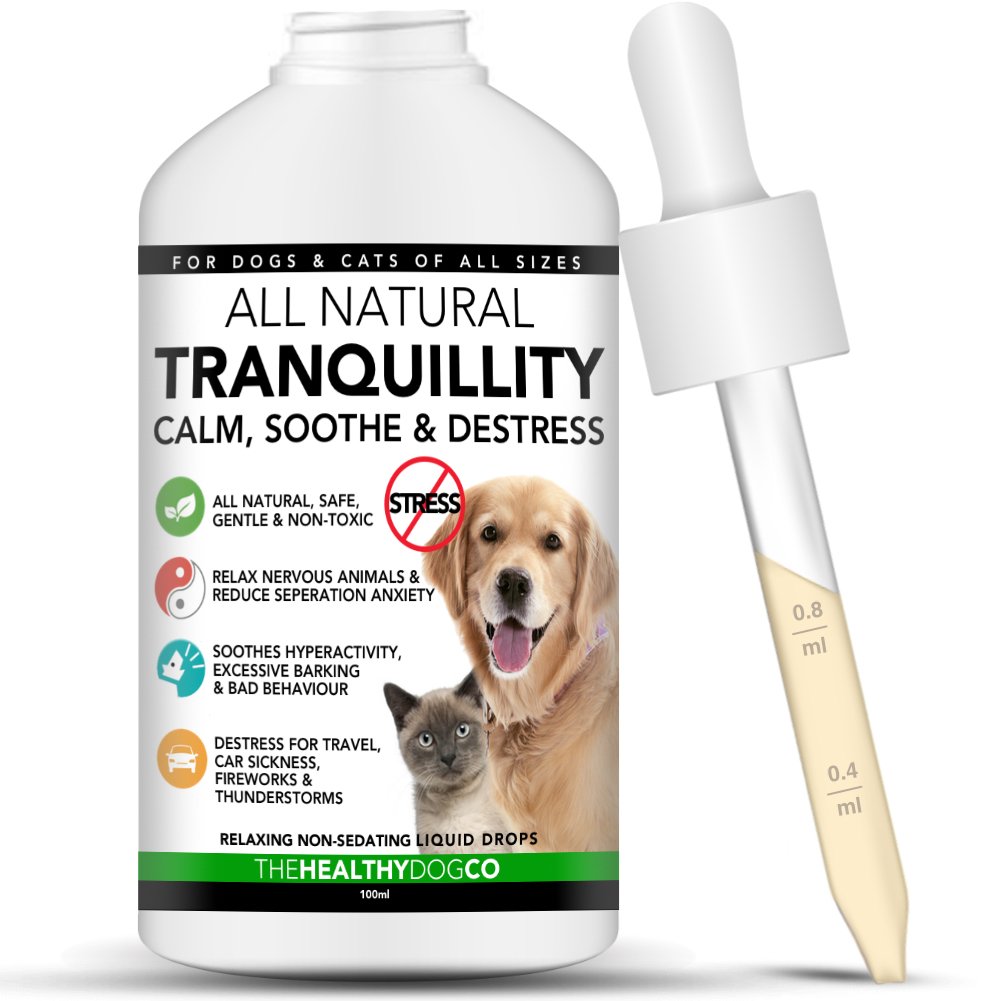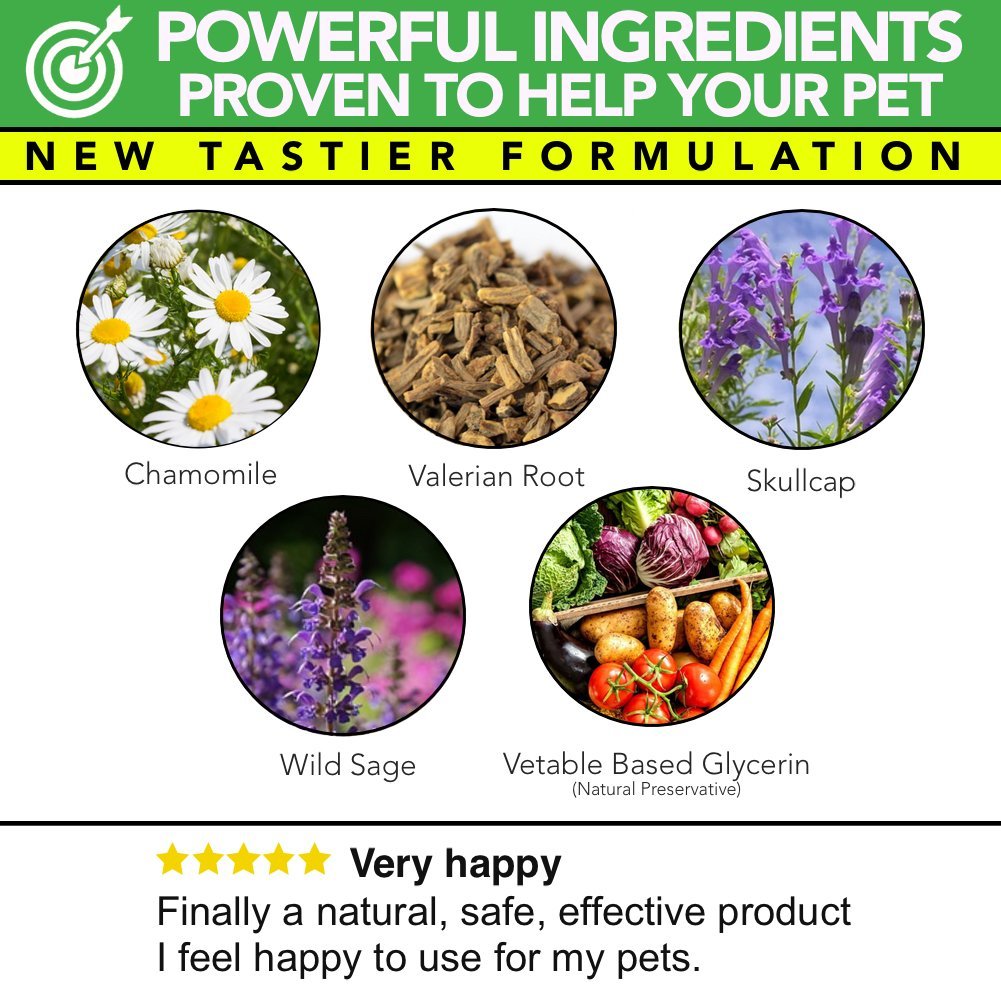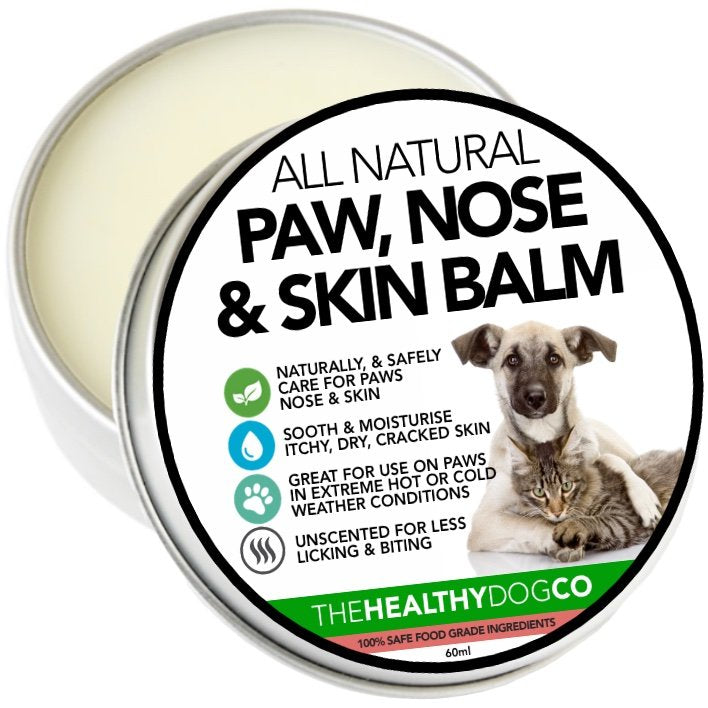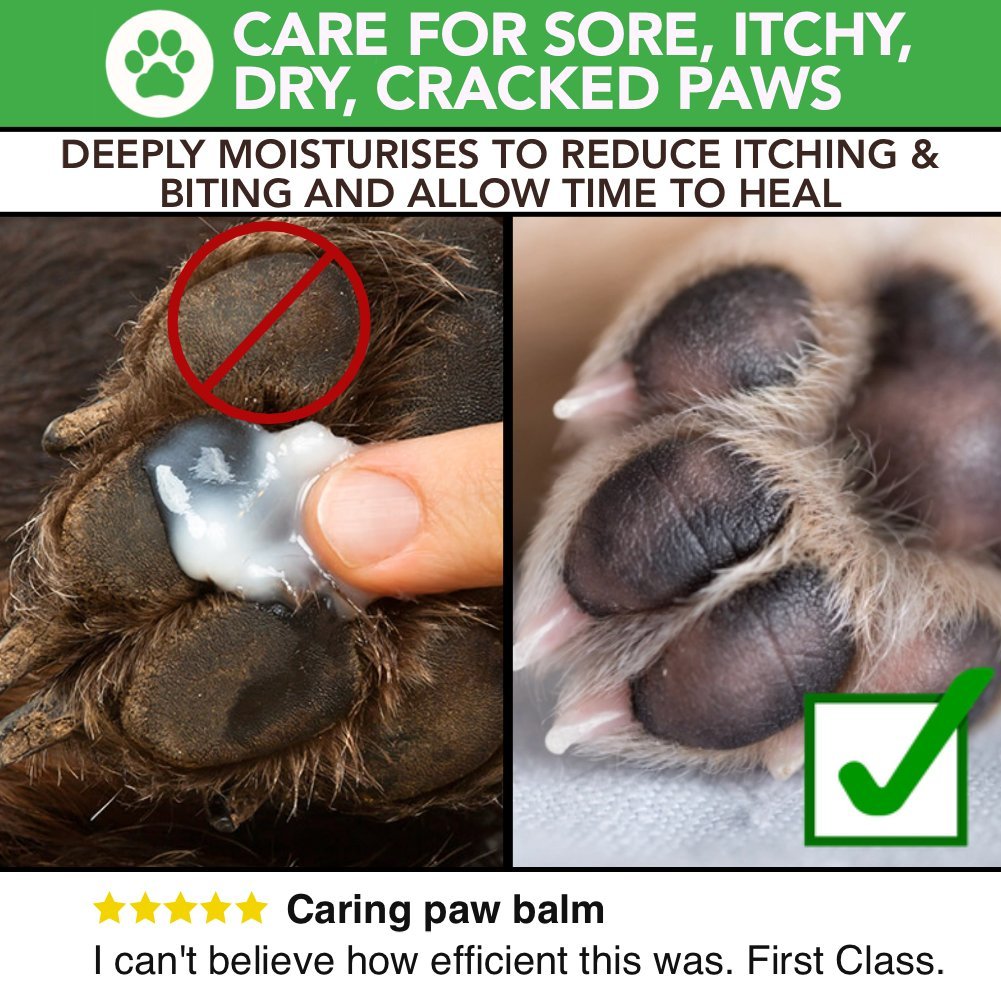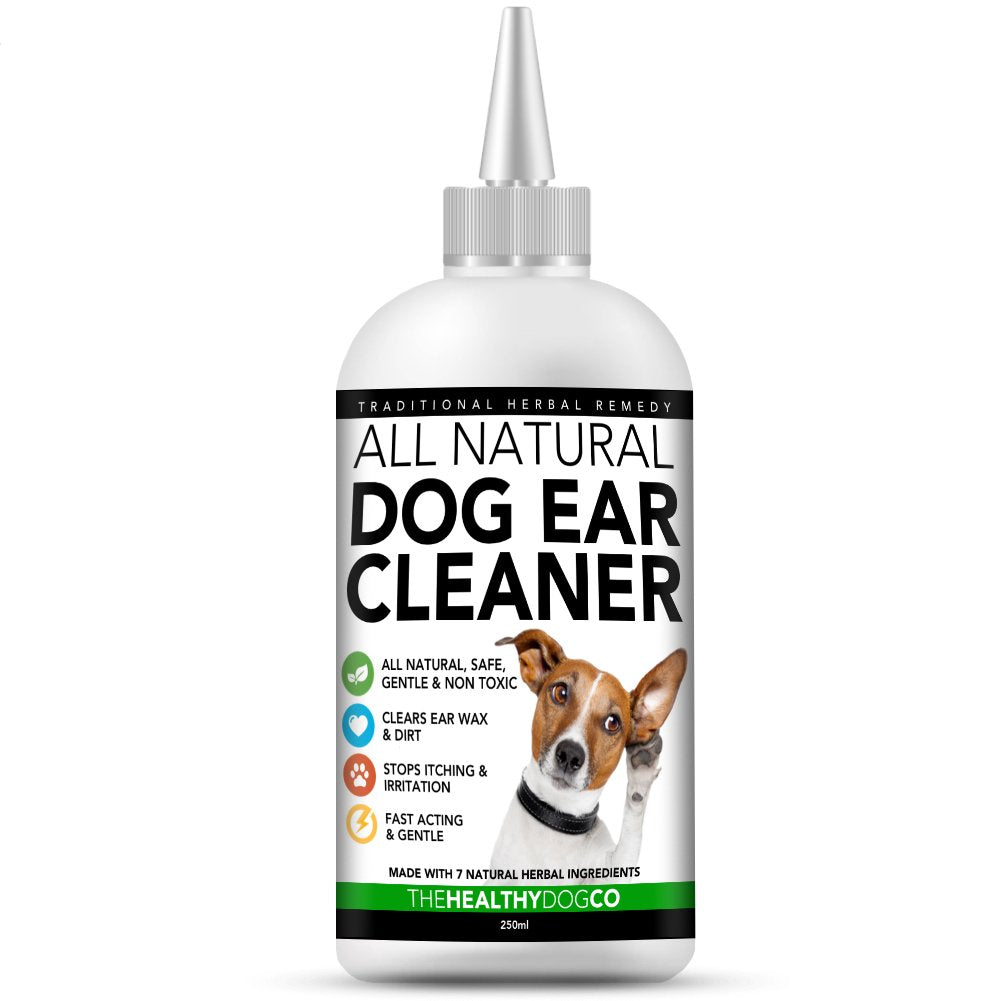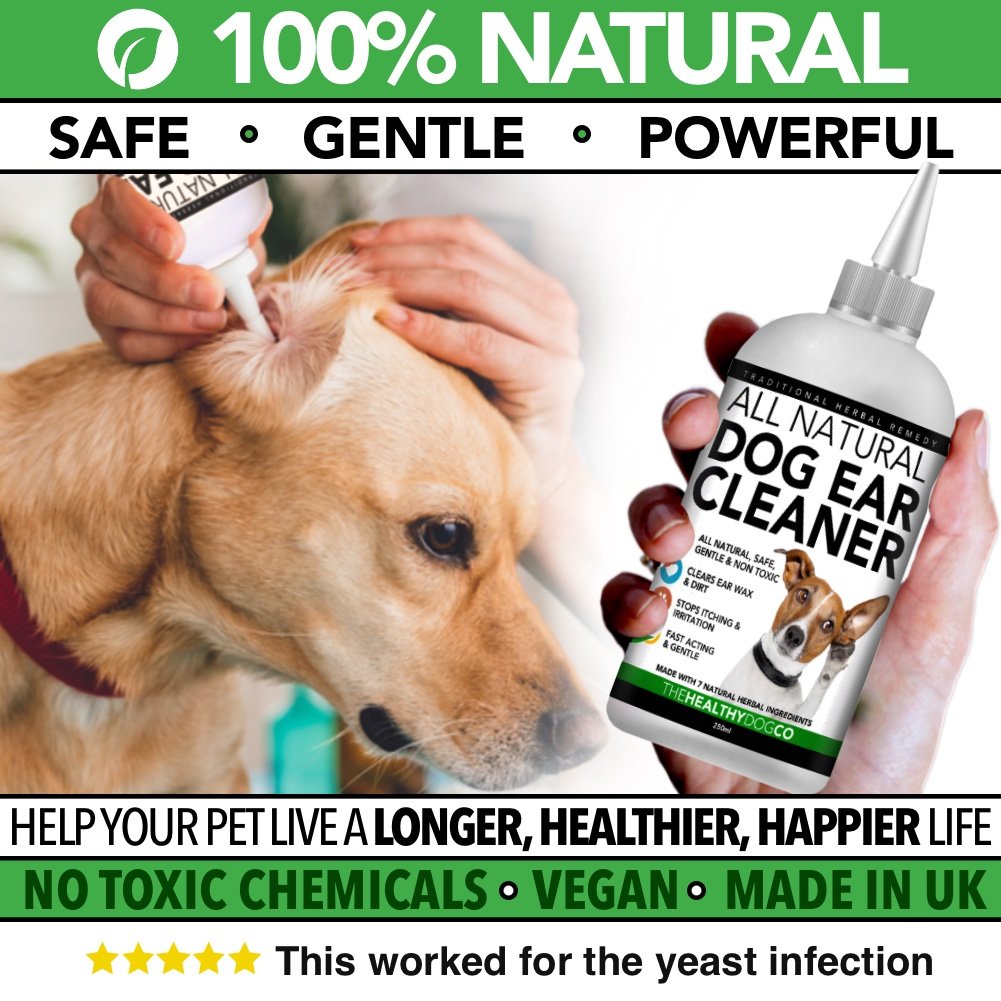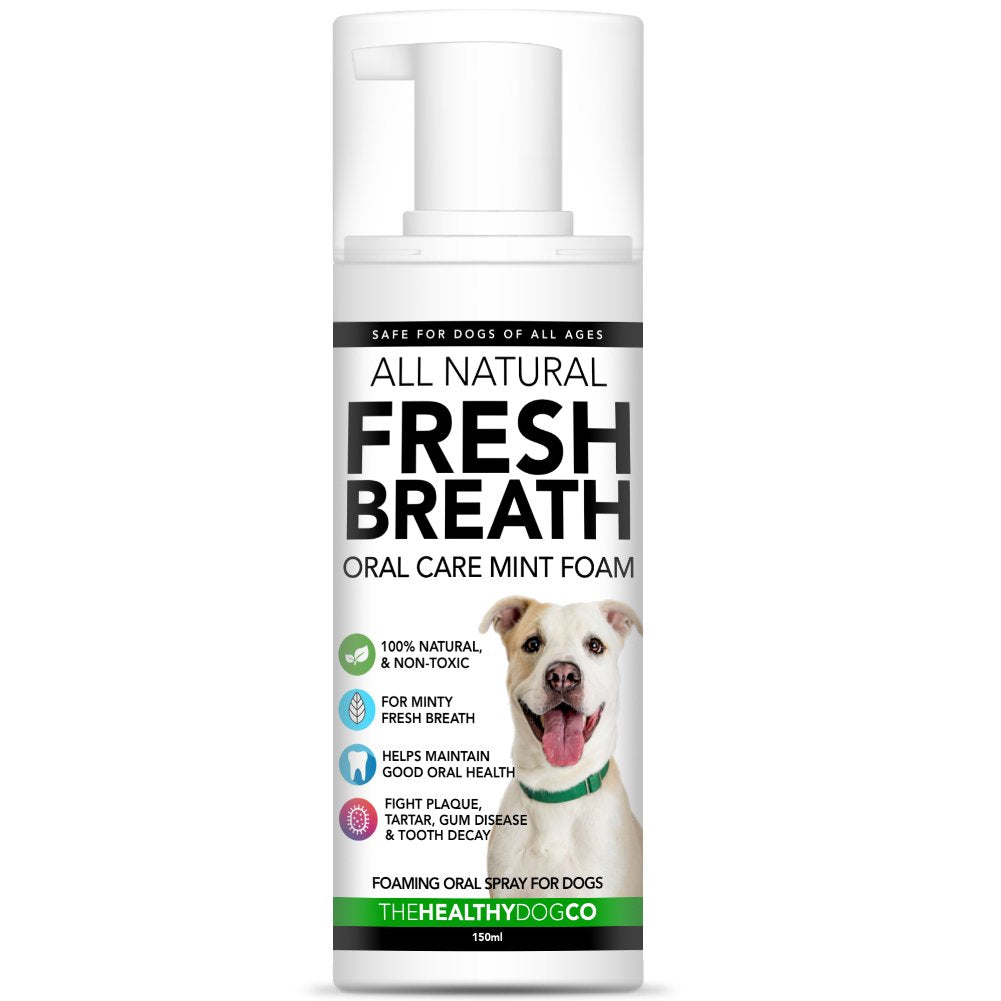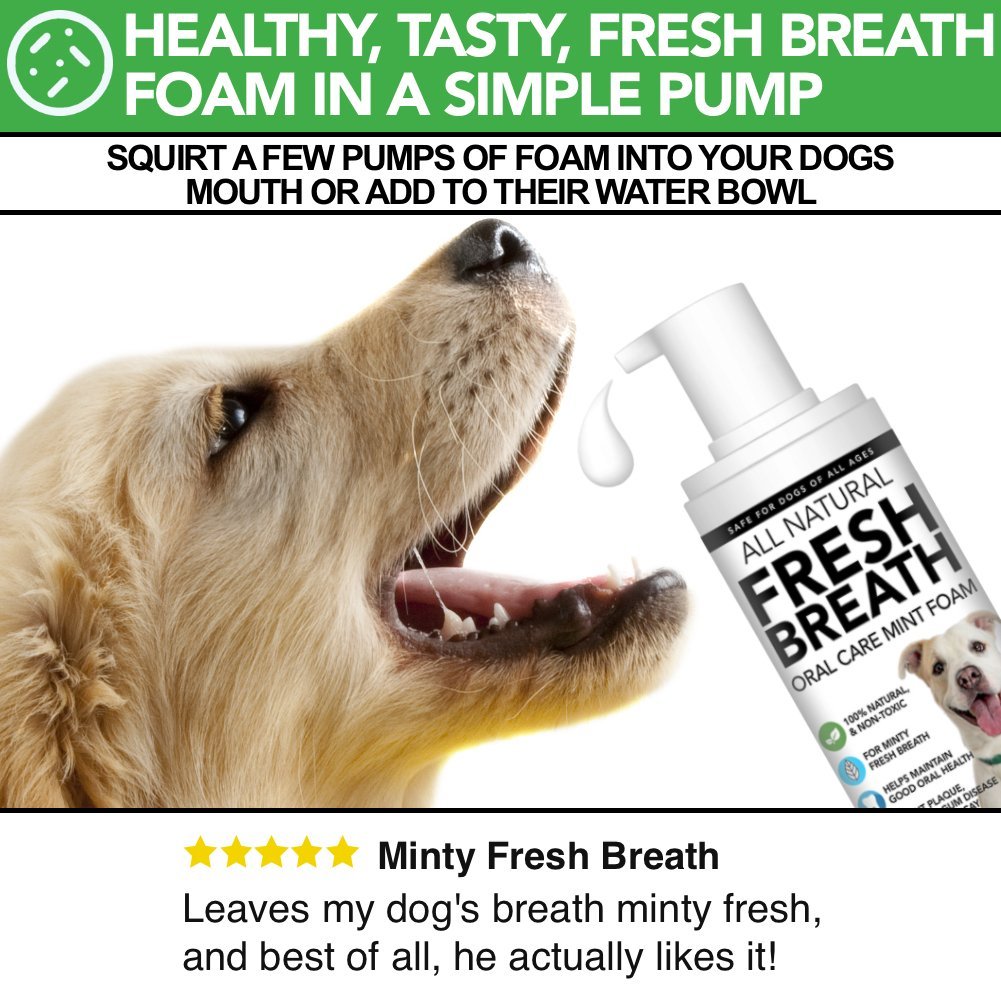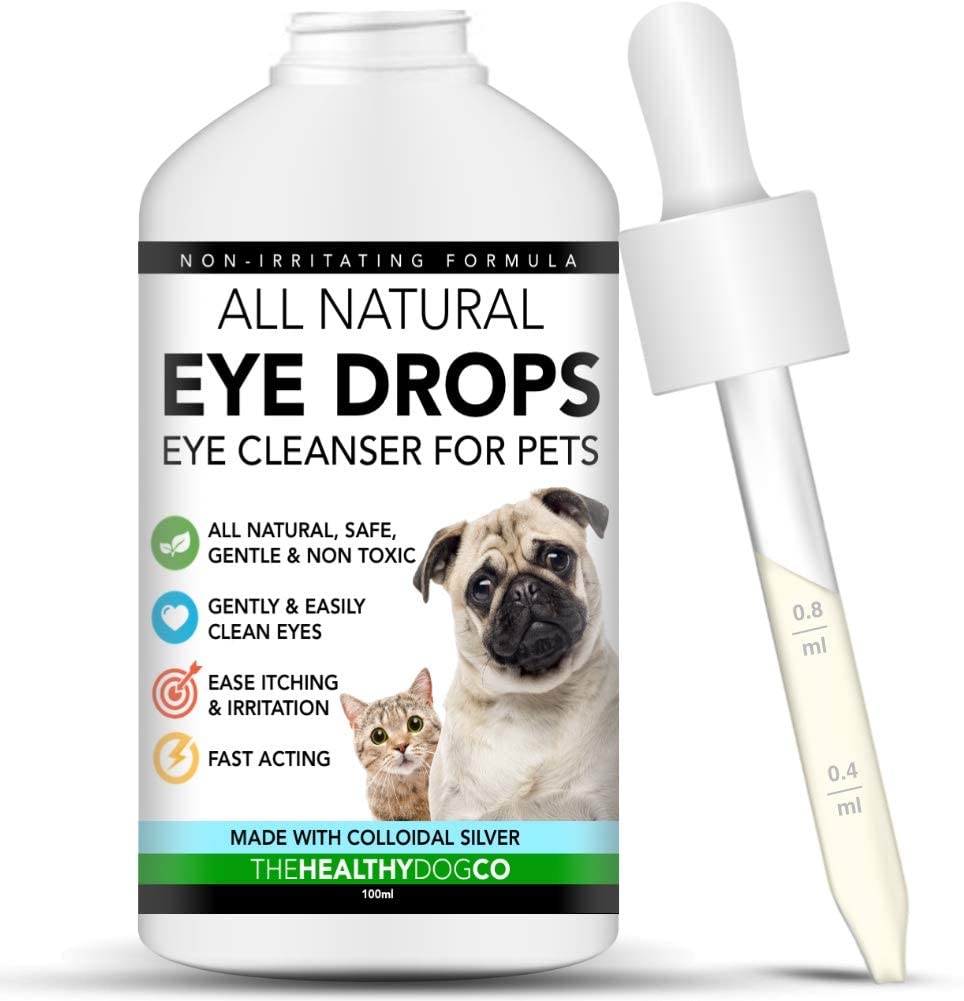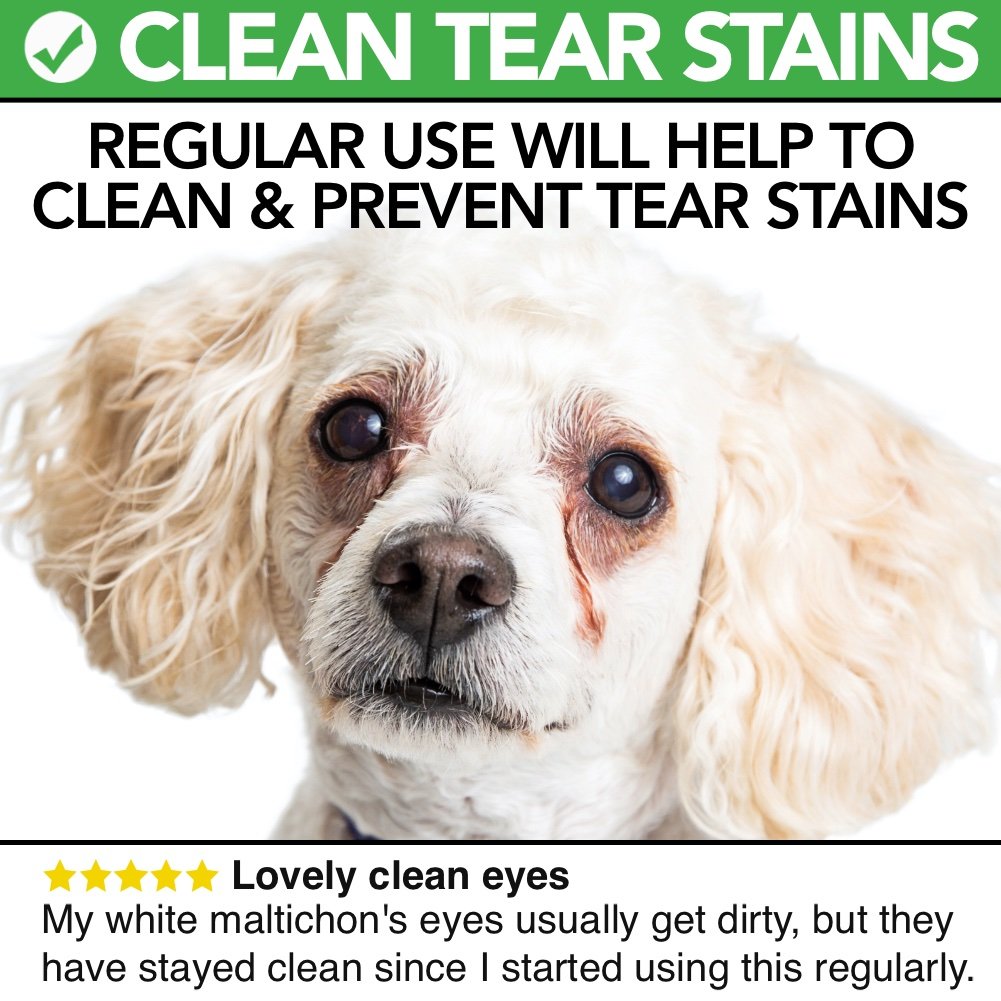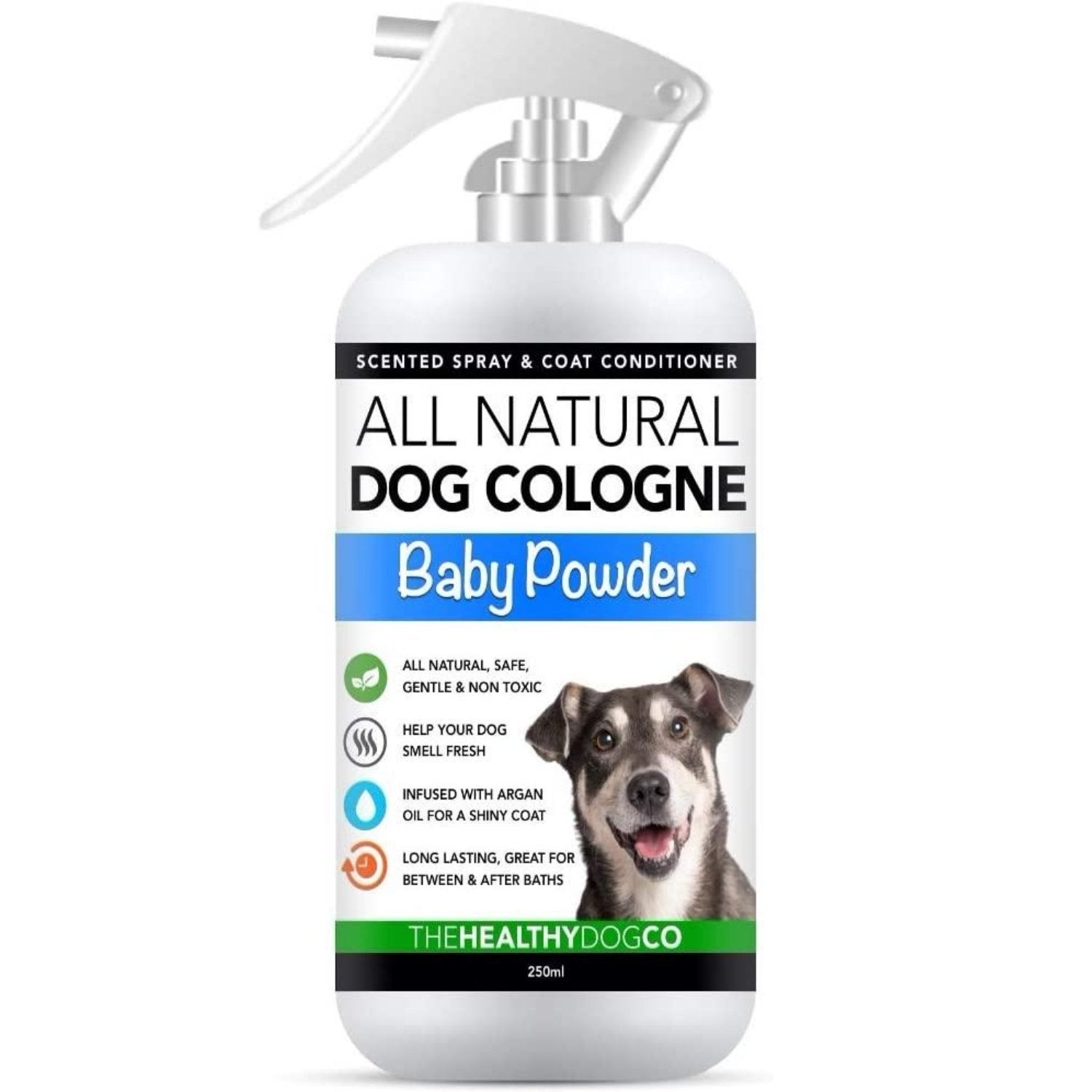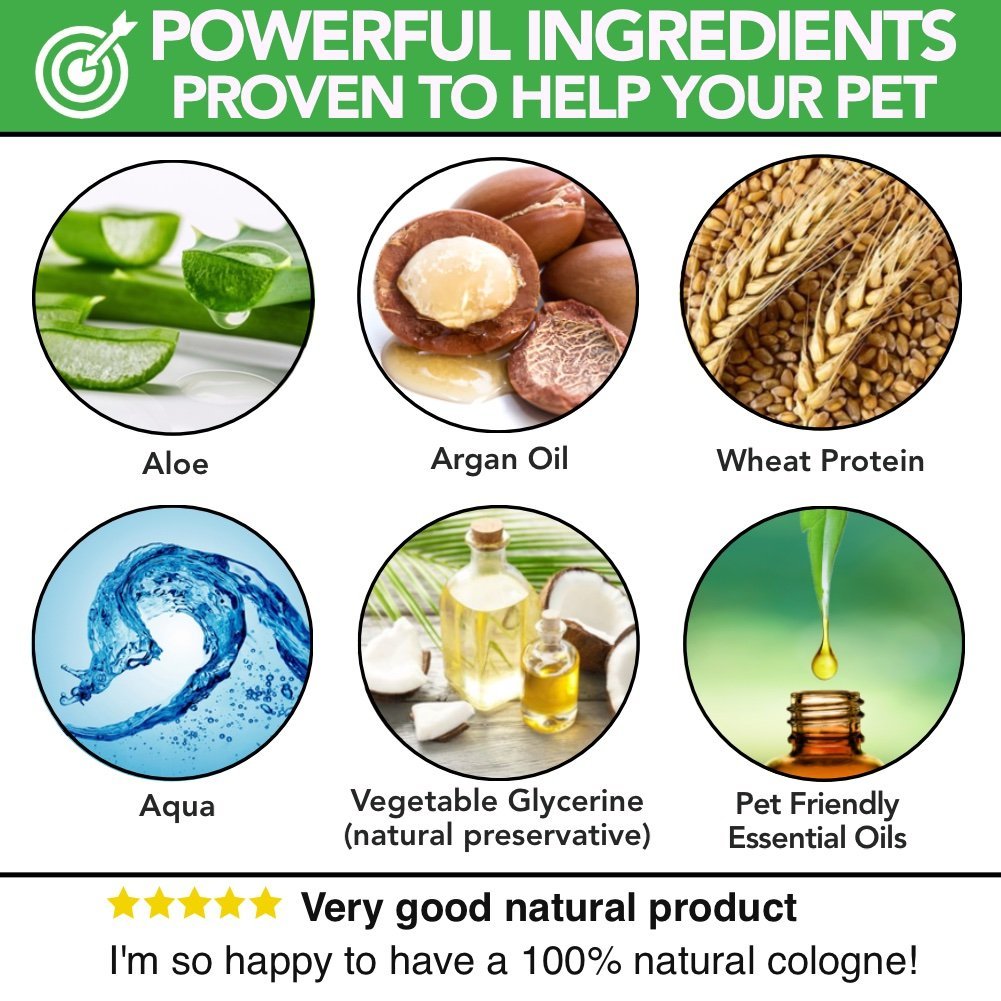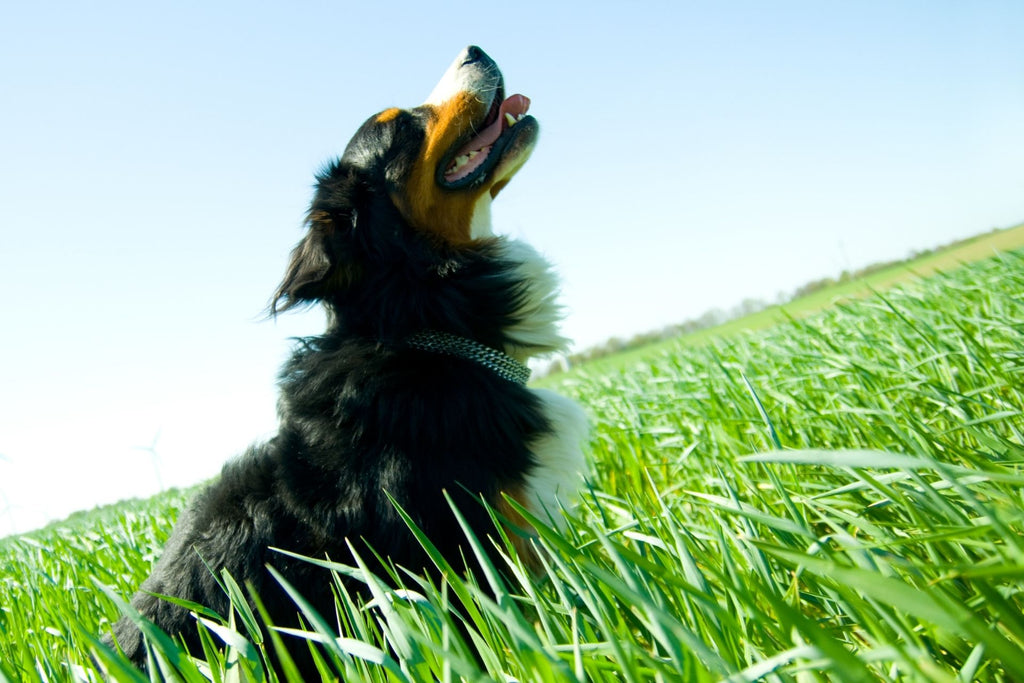
How to Boost My Dog's Immune System?

Your pup's immune system is keenly intelligent. It's also ever-vigilant. Your dog's internal defences work round-the-clock, combating threats to their health. Amazingly, 70 per cent of your pup's immune cells reside in their digestive tract.
One way to support these cells is with a dog immune system supplement. There are several types. Vets routinely endorse one, in particular, highlighted in this post. But that's not all! You can rally your dog's immunity with other natural means. Here are seven easy methods.
Importance of a Healthy Canine Immune System
Your dog's immune system is a protective network of specialised cells and organs. On the front lines are antibodies and white blood cells, sighting and killing infectious germs.
Your dog's spleen and lymph nodes snag harmful microbes. These organs also serve as headquarters for immune cells. Here, they gather, devising battle plans to thwart invaders. More armies of immune cells live in your dog's intestines.
This valiant network also disables nonliving, foreign substances, such as toxins.
Meanwhile, it monitors body tissues for signs of malfunction. If any cells are acting strangely, the immune network tries to restore the cells to normalcy.
So, your dog's internal defence system has three roles:
- corralling and killing threatening germs
- correcting tissue abnormalities as they arise
- neutralising alien substances
In this way, a robust canine immune system keeps illness and disease at bay.
Risks of Weak Immunity
When a pup's immune system is frail, it's more vulnerable to infections. Pathogens can get a stronghold, such as viruses, parasites, bacteria, and fungi.
If the immune network doesn't eradicate toxins, they can irritate and inflame canine tissues. In turn, cellular inflammation leads to chronic diseases, such as arthritis, diabetes, and cancer.
So, "How can I boost my dog's immune system?" you ask. This next section will inspire you, featuring natural ways to shore up your dog's defences.
How to Boost a Dog's Immune System
1. Play with your pup daily.
Exercise is a powerful immune system boost for dogs! Daily workouts with your pup will rev their circulation. Brisk blood flow sends oxygen and nutrients throughout your dog's body, nourishing their cells and organs. Meanwhile, romping about strengthens your dog's muscles, bones, and joints.
Furthermore, lively play helps your dog stay trim. Did you know that excess fat does more than add pounds? Pudge is the source of 40+ kinds of inflammatory hormones!
Since vigorous activity burns fat, sporting with your pup curbs inflammation. It also lowers your dog's risk of disease.
Extent of Playtime
How much exercise does a dog need? The answer depends on their breed, age, and overall health. Still, if your pal is a puppy or senior, ask your vet for exercise guidelines.
Otherwise, the average adult dog should get a half-hour to two hours of daily exercise. The specific duration depends on your dog's breed. If they come from large stock, like a German Shepherd, spread two hours of playtime across each day. If they're small, such as the Maltese, give them two 15-minute play sessions.
Is your pup flat-faced, medically termed "brachycephalic"? If so, be cautious with exercise. Examples of brachycephalic breeds are Bulldogs, Pugs, and Boxers. Their narrow noses make them prone to shortness of breath and overheating.
So, a few times daily, take your dog for a stroll, down your block and back. However, if they start panting heavily, head for home. For inside play, engage them in puzzle toys, such as those hiding food.
2. Bathe your dog regularly.
Whenever your pup goes outside, their paws and fur pick up debris. Regular baths will keep it from embedding in their coat, skin, and feet. Baths also cut the chances of bacterial and parasitic infections.
So, periodic bathing is another natural immune booster for dogs. Plus, it promotes healthy canine skin and glossy fur. We recommend an all natural dog shampoo.
As with exercise, the cleansing frequency depends on several factors. Among them are your dog's breed, coat type, and medical condition. Regarding these concerns, ask your vet how often to bathe your dog. Also, consider how quickly your dog gets stinky.
Still, for a dog with healthy fur and skin, vets recommend a monthly bath at a minimum.
Conventional dog shampoos can be harsh. Their ingredients can strip the natural oils from your dog's skin, causing it to flake and crack.
You can avoid this hazard with our all natural dog shampoo. Its organic ingredients kill bacteria while removing dirt and funky smells. Moreover, the natural oils and herbs smooth tangled fur and moisturise canine skin. This shampoo will leave your dog grinning!
3. Serve your dog ample water.
Adequate water is crucial for strong immunity. Your dog needs water for optimal breathing, digestion, nutrient uptake, and regulating their core temperature. Water also aids blood flow and flushes out toxins.
Prolonged dehydration can make vital organs fail, such as the liver and kidneys.
On average, dogs need an ounce of water per pound of body weight daily. Pups subject to hot environments need more, along with brachycephalic breeds.
Whatever type of water you drink should suffice for your dog, whether tap, bottled, or filtered.
To ensure your dog stays hydrated:
- Use a large bowl, keeping it full of clean water.
- Change the water every morning, evening, and after walking your dog.
- Never interrupt your pup while drinking water.
- Scrub the bowl daily with soap and water.
- When travelling, bring fresh water and oversized bowls.
Here's a tip for gauging whether your pup needs water. Gently pinch the skin between their shoulder blades. Pull the skin upward, and then release it. The fold should smooth out quickly. If it doesn't, your dog is dehydrated.
4. Keep your dog on a balanced diet.
Staying well-nourished is paramount for stout canine immunity. Generally, vets recommend a diet that's mostly meat, moderate in vegetables, and low in grains. A carb-heavy regimen is risky on two counts.
Firstly, grains are thought to be inflammatory for dogs. Secondly, excess starch from grains can pack on pounds. Still, legumes and veggies are fine. They supply dogs with fibre, essential for good digestion. Fibre also feeds the healthful bacteria living in the canine digestive tract.
Many brands of dog kibble are 40 per cent starch, if not more. Preferable is wet food, being higher in water and protein.
Note that raw diets pose a risk of malnutrition. Furthermore, raw meats can harbour bacteria and tapeworms, making your dog quite ill.
Pups fed only home-cooked meals will become undernourished over time.
Does your dog have any medical problems? If so, consult your vet for their dietary advice.
5. Make sure your pup gets enough sleep.
Does your dog act like a night watchman, patrolling your home while you sleep? Or, do they spend the night in your bedroom, keeping an eye on you? If your dog has a restless nocturnal habit, it can impair their immunity.
Adult dogs need from 12 to 14 hours of slumber per day. Puppies can require more shut-eye, up to 18 hours daily.
Generally, healthy, full-grown dogs are active for about five hours each day. The rest of their time is split between sleep and resting.
To protect your dog from sleep deprivation, outfit a quiet space in your home with a dog bed. If they resist using it, line the bed with a piece of clothing you've worn. Your scent should help them settle down.
If your dog has a night patrol habit, we suggest giving our All Natural Tranquillity drops. Our natural herbal formula won't sedate your pup, but it will help them relax.
For a dog that sleeps well, consider Tranquillity for times when they're anxious or agitated.
The drops dispense easily from the included pipette. Or, you can mix the liquid with your dog's food.
6. Give your dog an immune-boosting supplement.

Avoid treating canine medical problems with an arsenal of supplements. This warning comes from Dr Laurie Coger, a vet consulted by PetMD. By combining formulas, your dog can overdose on certain nutrients. Also, the ingredients can interfere with each other, hindering their absorption.
So, what is the best supplement for dogs? Dr Coger recommends "probiotics," healthful gut bacteria. Such microbes already live in your dog's digestive tract. As mentioned above, 70 per cent of a dog's immune cells reside there, too. So do harmful bacteria.
Studies show that probiotics activate immune cells. Large probiotic colonies can overpower infectious germs. In this way, a daily probiotic supplement can fend off potential illnesses and diseases, especially gastrointestinal types.
Still, probiotic bacteria do more than bolster immunity! They enhance metabolism, digestion, and nutrient absorption. They can help treat liver disease, obesity, and behavioural problems. Probiotics can also resolve dull fur, bad breath, and certain skin disorders.
Other terms for probiotics are good flora, beneficial bacteria, and friendly bacteria.
Why Dogs Need Supplemental Probiotics
Good flora often dwindles under certain conditions. For instance, colonies of good bacteria can shrink if your dog:
- is dealing with stress
- has a bacterial infection
- takes antibiotics or steroids
- suffers indigestion
- has intestinal parasites
- is elderly
So, if your dog's existing probiotics are low, they'll have weak immunity. You can prevent this by giving them a digestive enzymes for dogs,
a study-proven dog immune system booster.
Our Natural Immune Booster for Dogs
We offer a high-quality digestive enzymes for dogs that is formulated with the help of veterinary nutritionists. Our product combines digestive enzymes, probiotic bacteria, and the fibre they need to flourish.
Many canine probiotics come in pill form. Getting them into your dog can be tricky, even when camouflaged in pet food. Our digestive Enzymes for dogs is a powder, easily mixed with your pup's food. Follow our dosage guide, geared to a dog's body weight.
Causes of Immunity Problems in Dogs
Typically, low canine immunity is linked to poor diet and insufficient exercise.
Some breeds have a risk of "immunodeficiency disorder." With this disease, a dog's immune cells malfunction, seeing healthy body tissues as enemies. Consequently, they attack and destroy the tissues, causing ongoing canine illness.
There are two classifications of immunodeficiency disorders in dogs:
- primary - inherited
- secondary - triggered by another disease
Breeds prone to the primary type are Gray Collies, German Shepherds, Beagles, Cardigan Welsh Corgis, Irish Setters, Jack Russell Terriers, Basset Hounds, Chinese Shar-Pei, Dwarfed Weimaraners, and Doberman Pinschers.
Secondary immunodeficiency may be traced to a degenerative disease, cancer, or a reproductive disorder.
Signs and Symptoms of Canine Immunity Problems
A dog may have compromised immunity if they get recurrent infections, especially those unresponsive to antibiotics. Typically, infection sources are bacteria and yeast, affecting a dog's skin or ears. Other common symptoms are poor appetite and lethargy.
The hallmark of an immunodeficiency disorder is poor growth. A vet will diagnose this disease with specific tests. Treatments vary by whether the disease is primary or secondary.
So, bring your pup to a vet if they have stunted growth, low energy, poor appetite, or frequent infections. If there's no evidence of an immunodeficiency disorder, take steps to bolster your dog's immune system.
Preventing Immunity Problems in Dogs
To recap, you can fortify your pup's internal defences with:
- daily exercise
- regular baths with a natural dog shampoo
- ample water intake
- nutritious dog food
- ensuring adequate sleep
- Digestive enzymes for dogs
Also, have your dog examined by a vet periodically. The recommended frequency depends on your dog's overall health and age. If your pet is relatively healthy, refer to the following schedule.
- Puppy - Get them vaccinated monthly until 16 weeks of age. At six months, bring them in for neutering or spaying.
- Age 1 to 7 Years - Schedule annual exams.
- 7 Years and Older - See the vet twice a year.
If your pup still has weak immunity, despite your loving care, speak with their vet about other dog immune system boosters.
"But, do dogs need supplements?" you ask. At the very least, probiotics are a wise and affordable choice. Especially helpful are probiotics enhanced with enzymes and fibre, such as ours.
Please share your results with our products here!
About The Healthy Dog Co
The Healthy Dog Co’s mission is to create products that dog and cat owners can trust with the health of their pets by only producing products with healthy, safe, all natural ingredients.
At The Healthy Dog Co, it’s all about giving your pet a healthy and happy life with All Natural Health, Happiness and Care Products.
Because Your Pet Deserves Better!
Shop our range of All Natural Healthcare Products for your Dog or Cat today!
